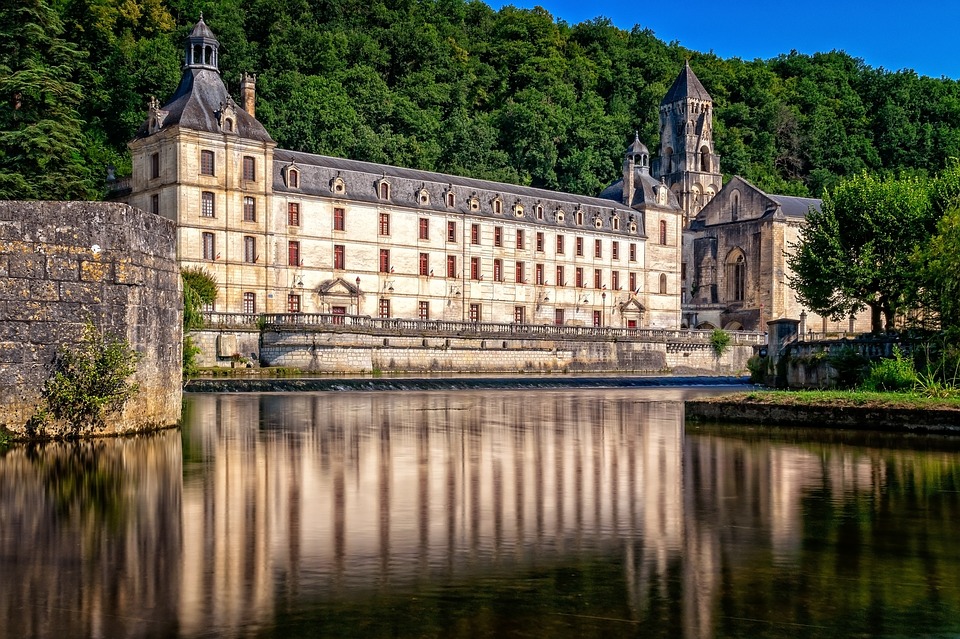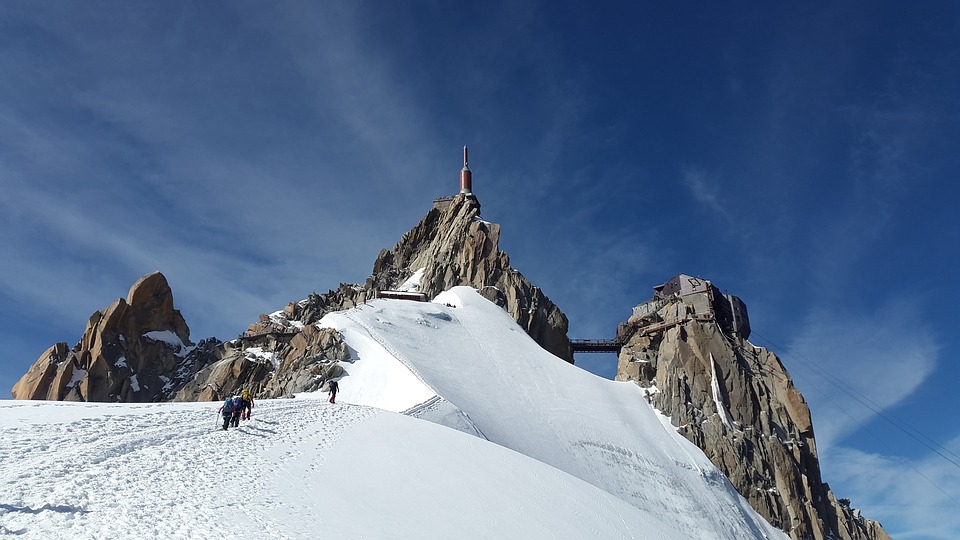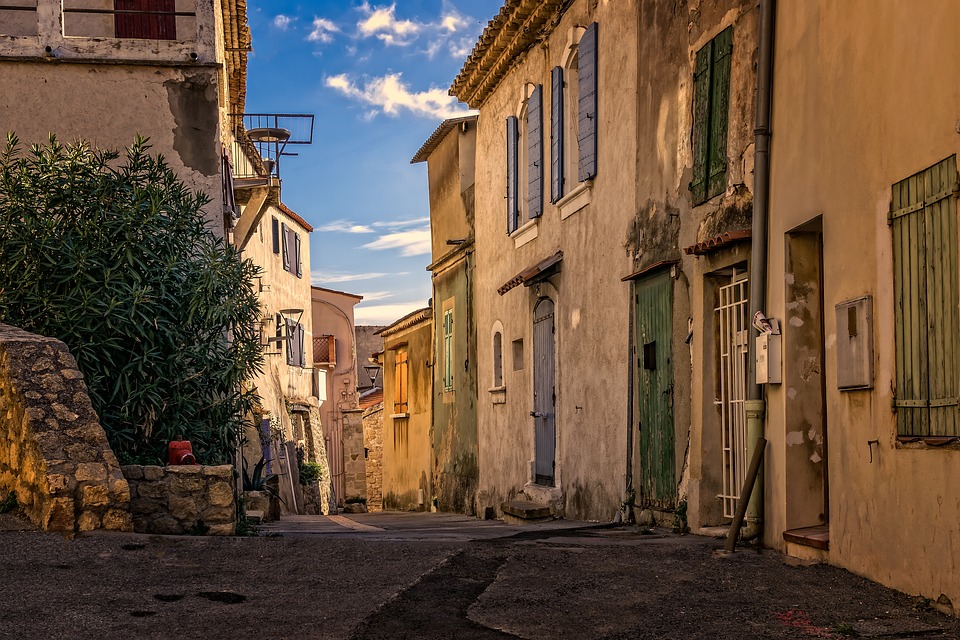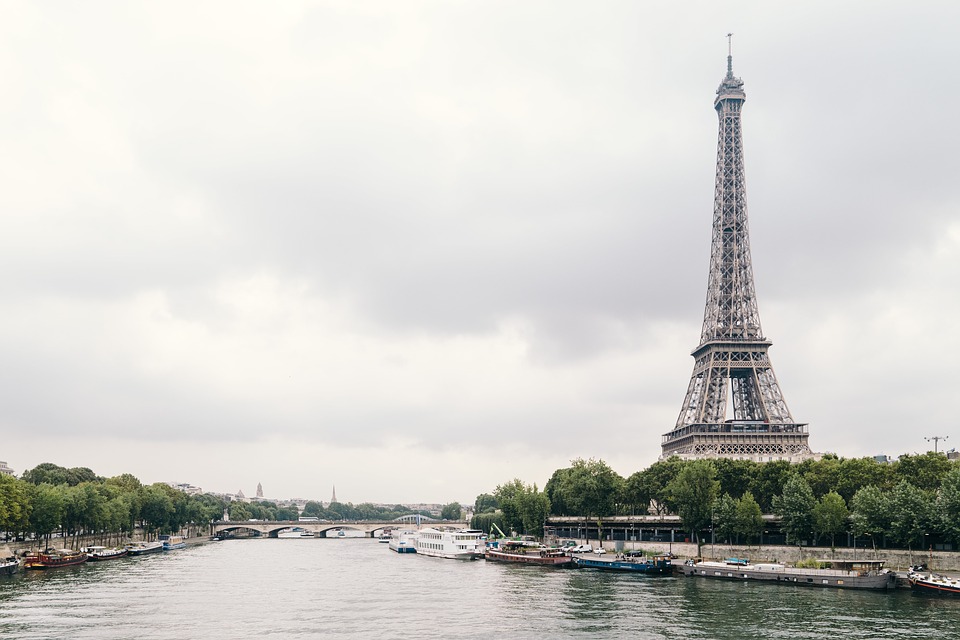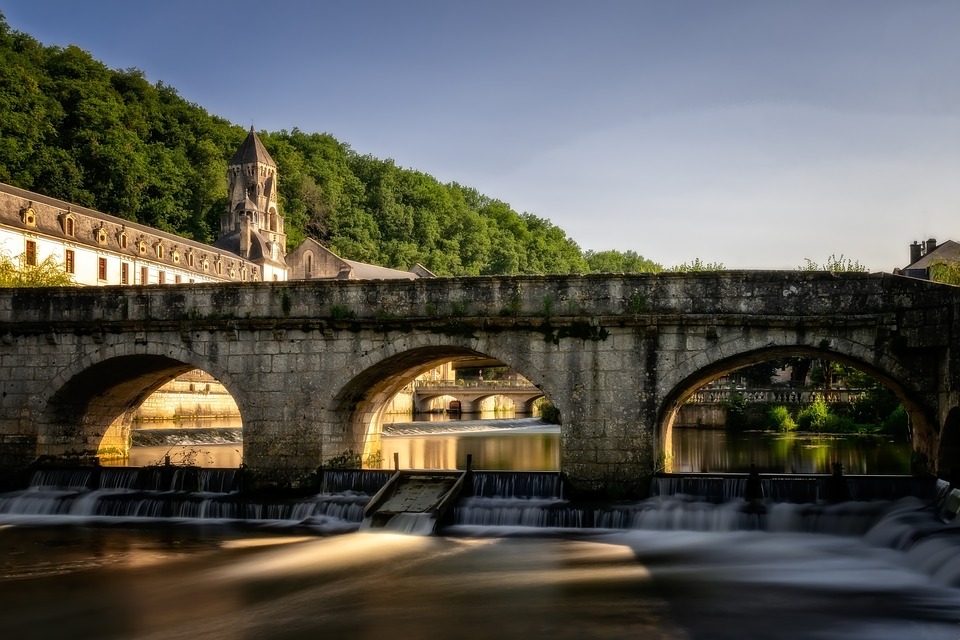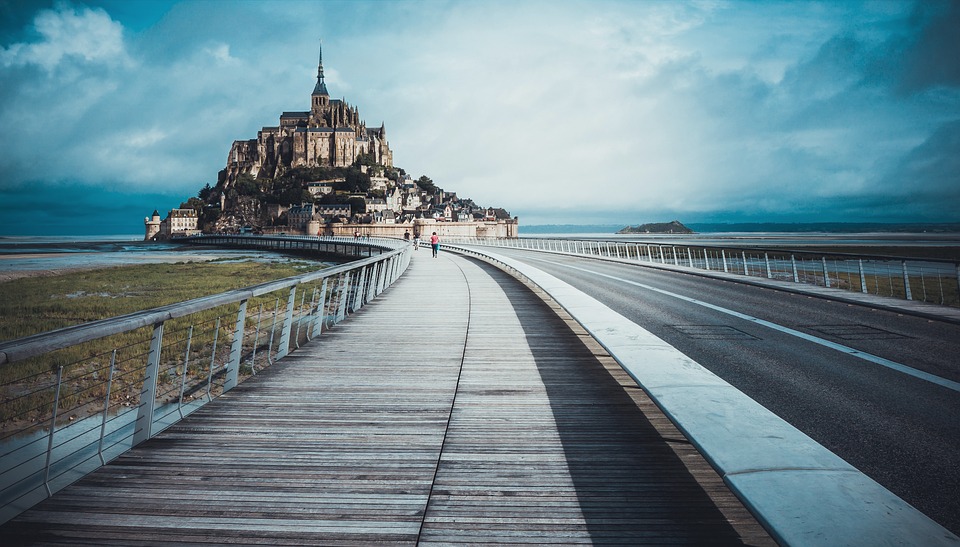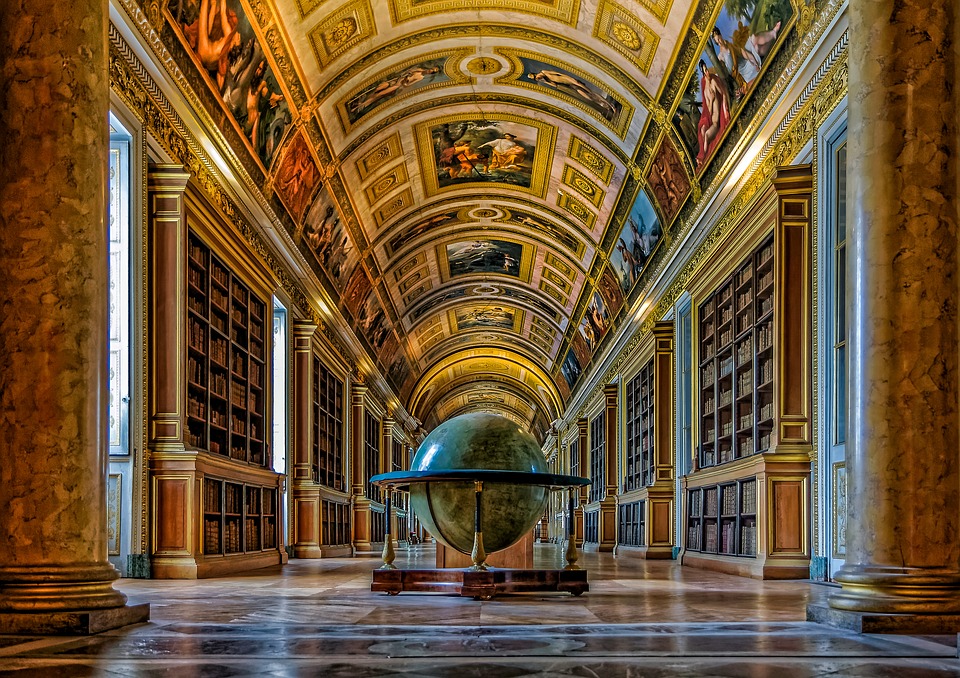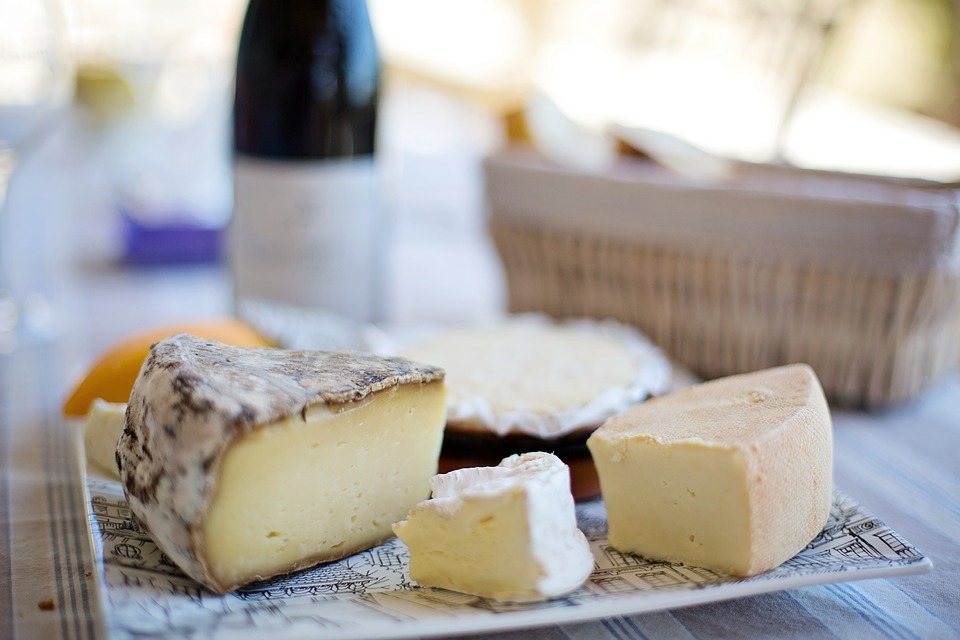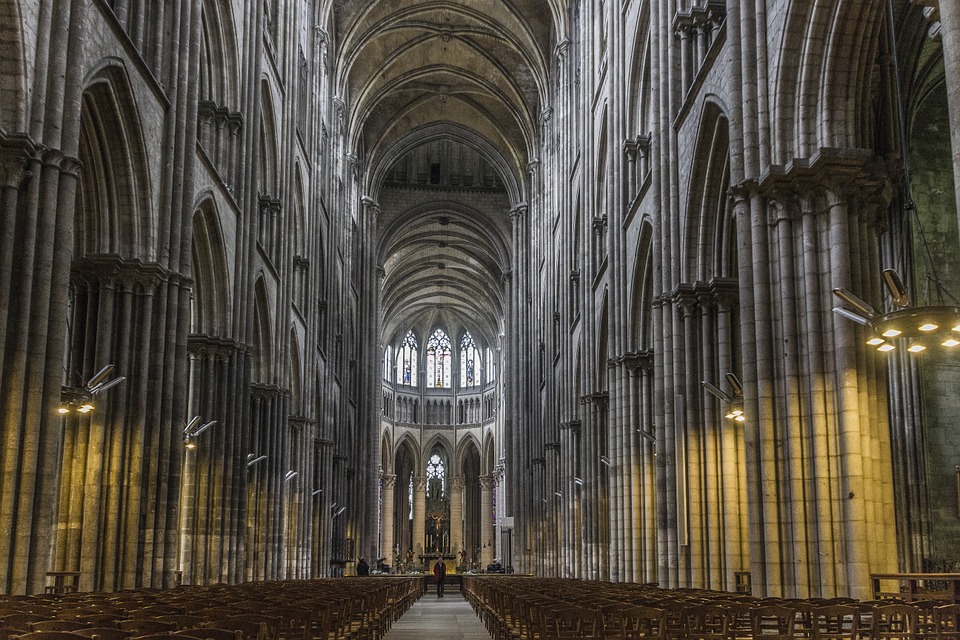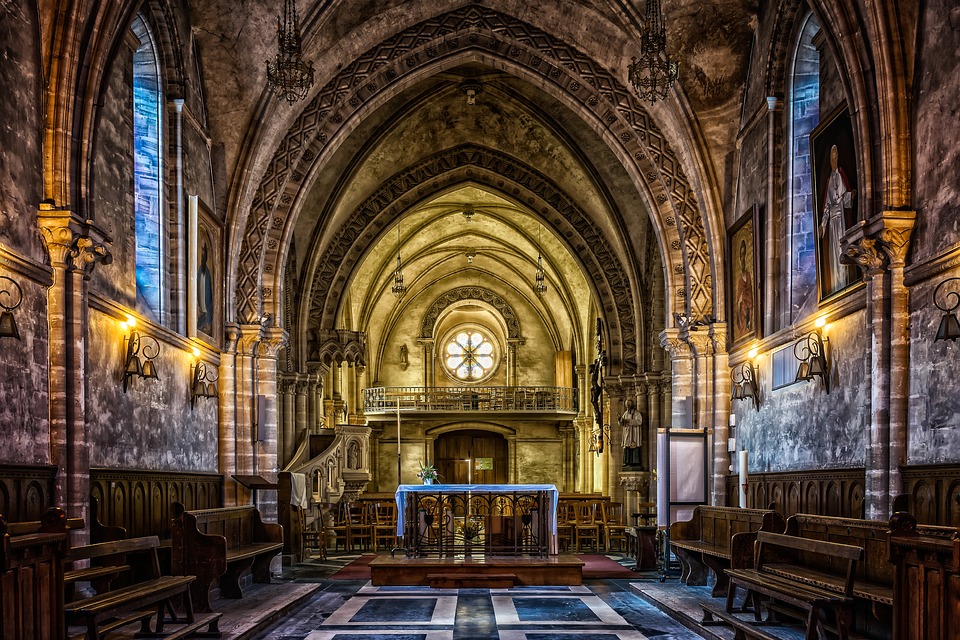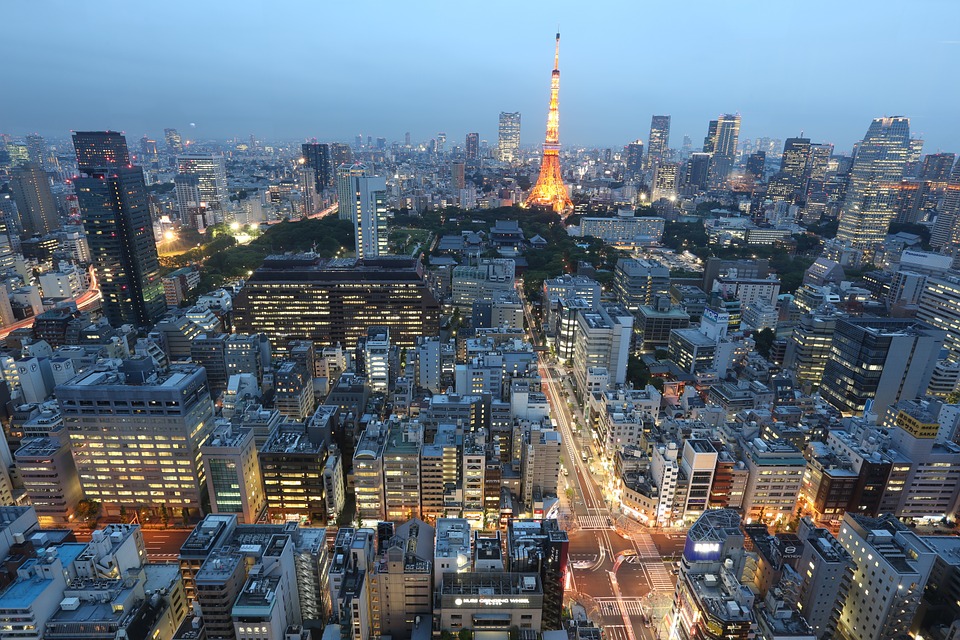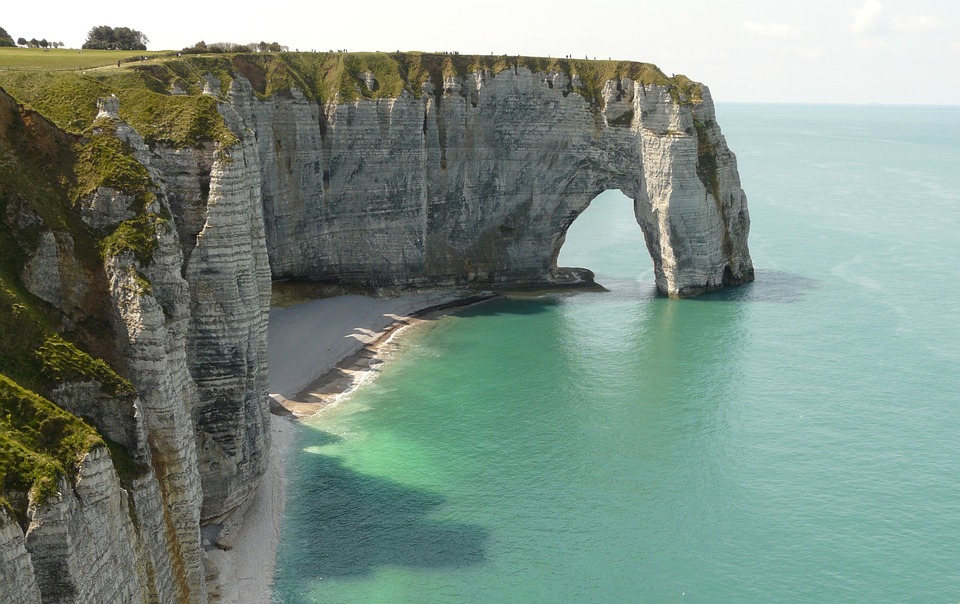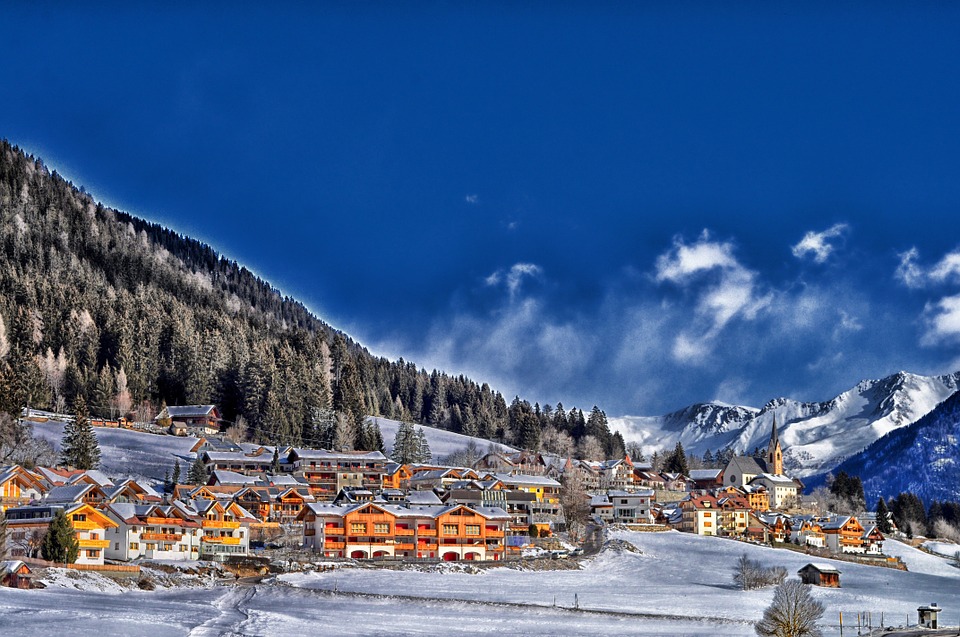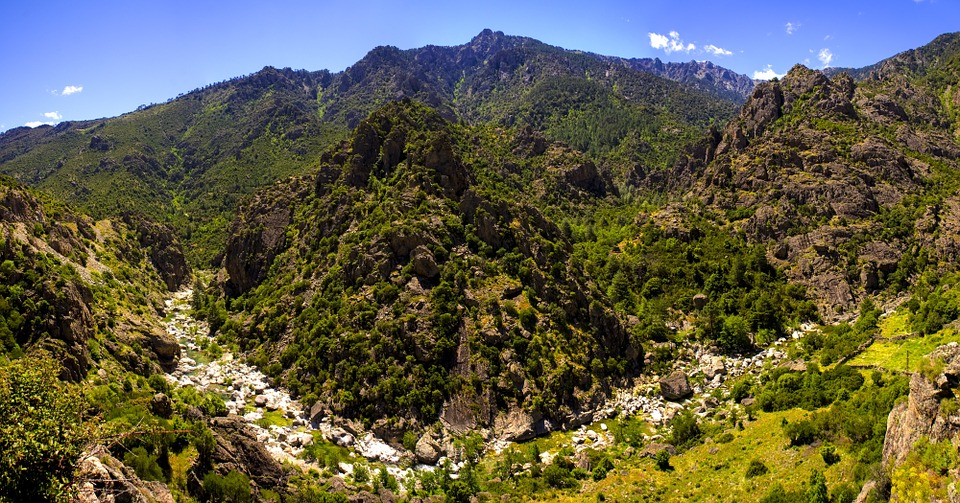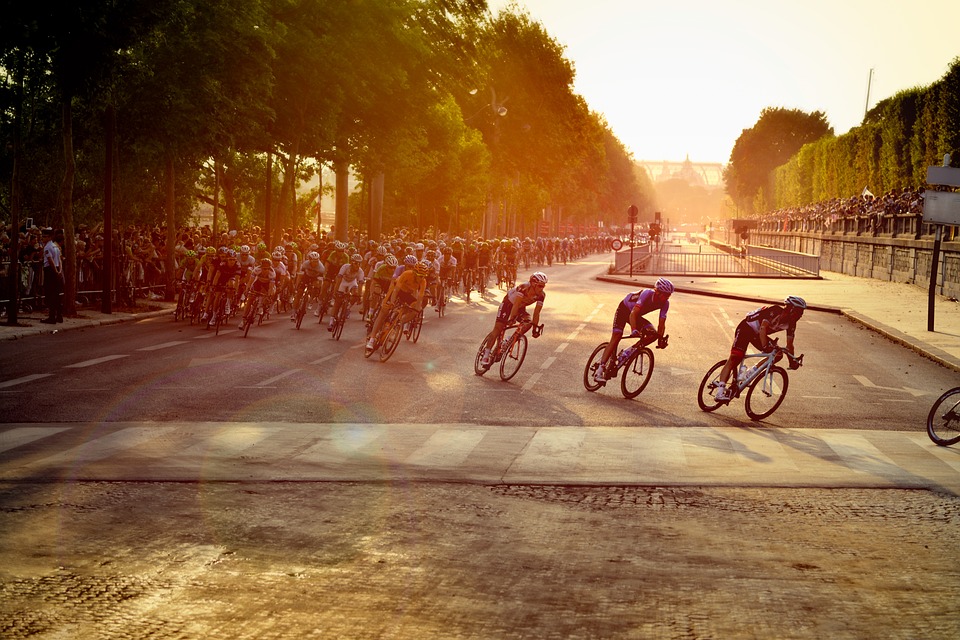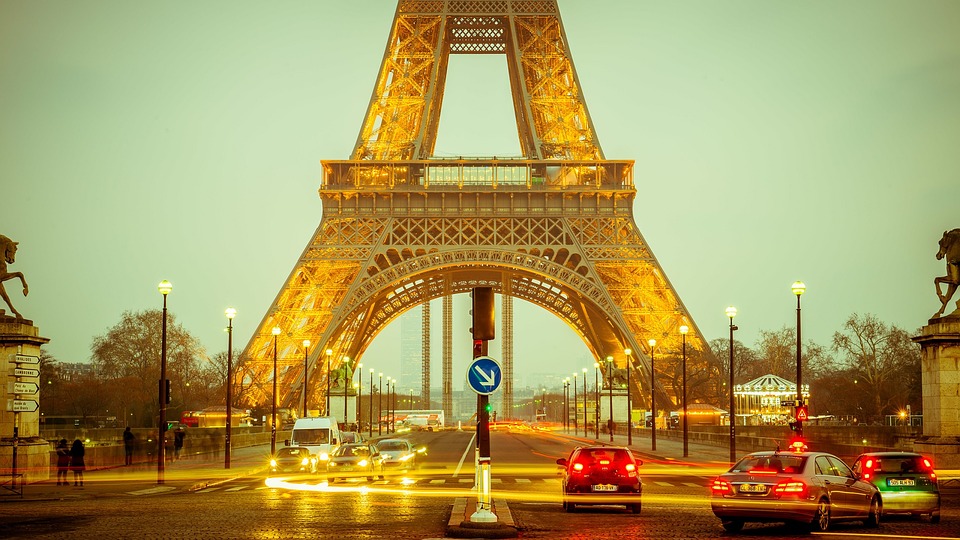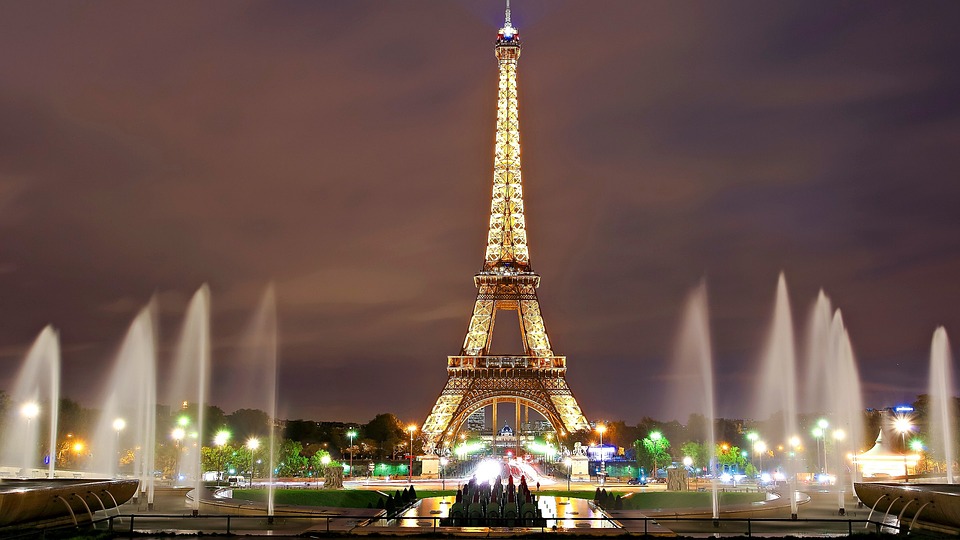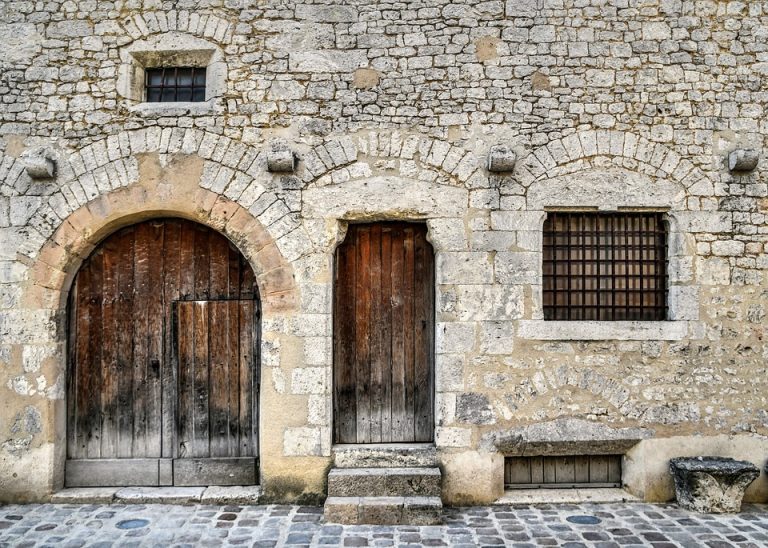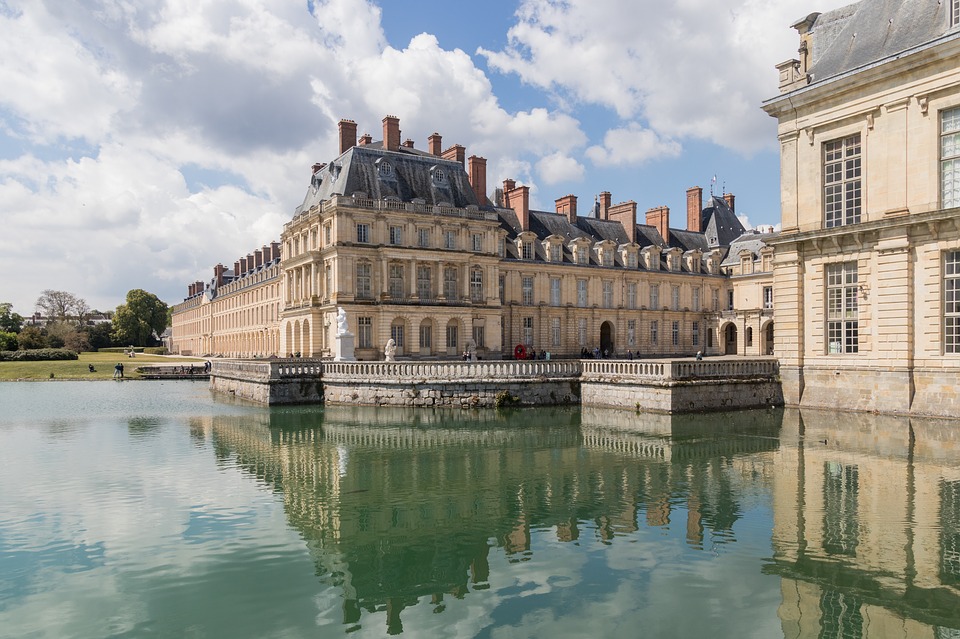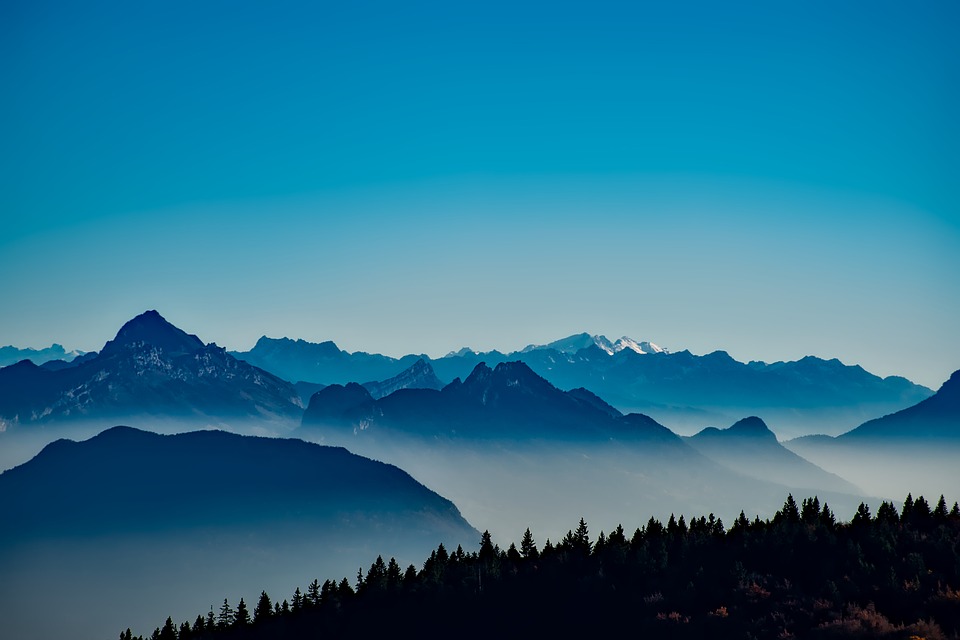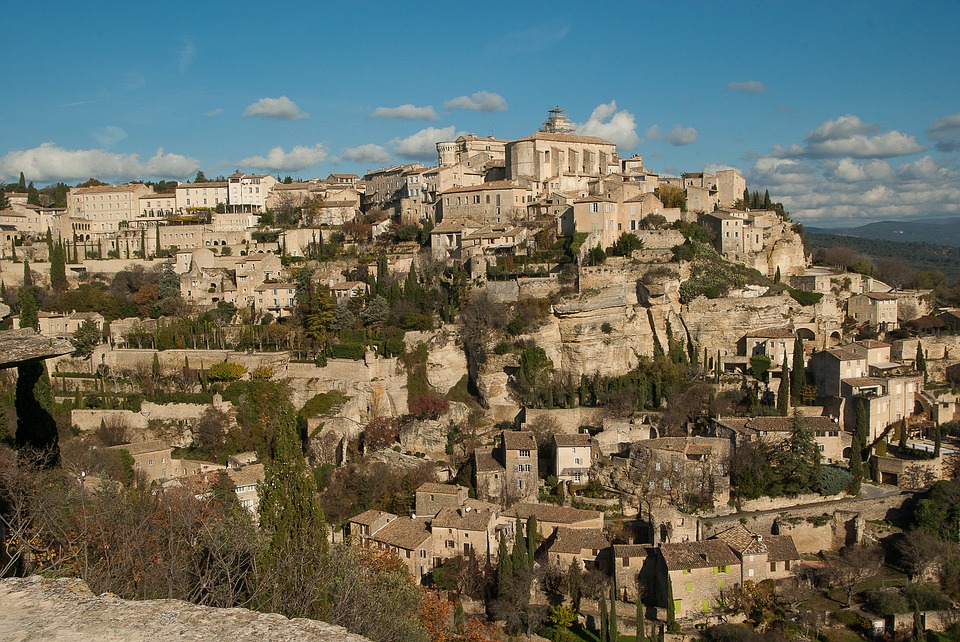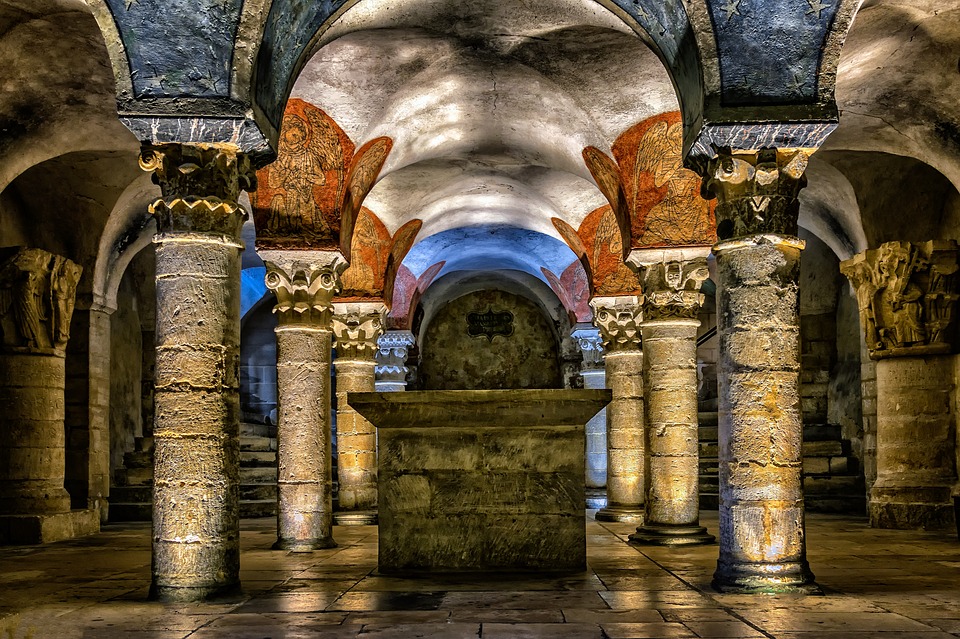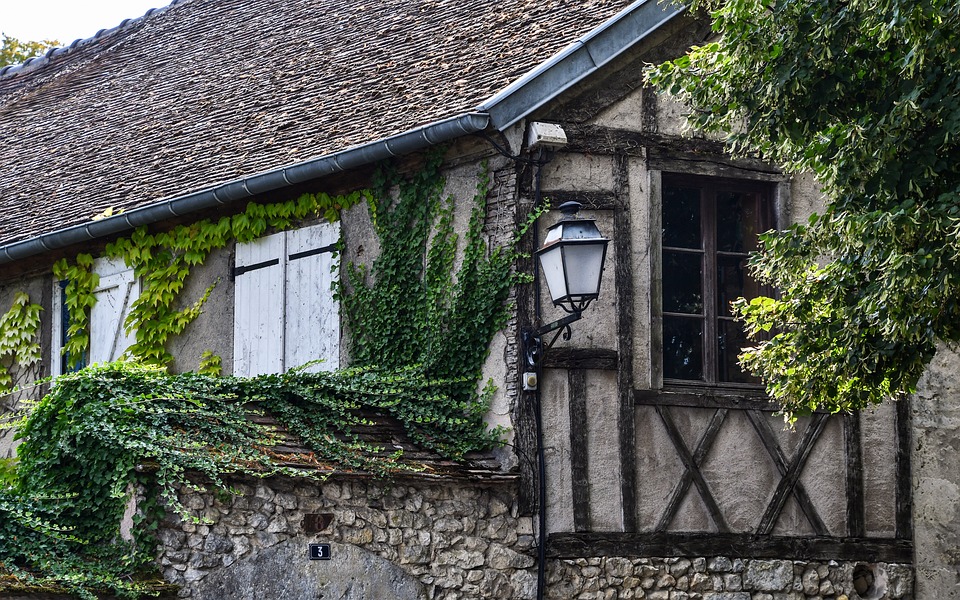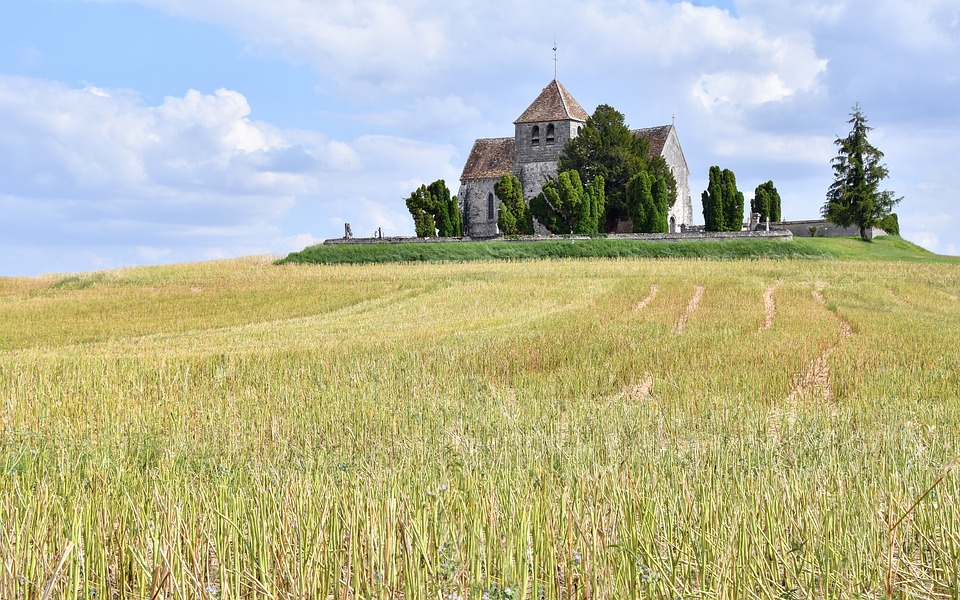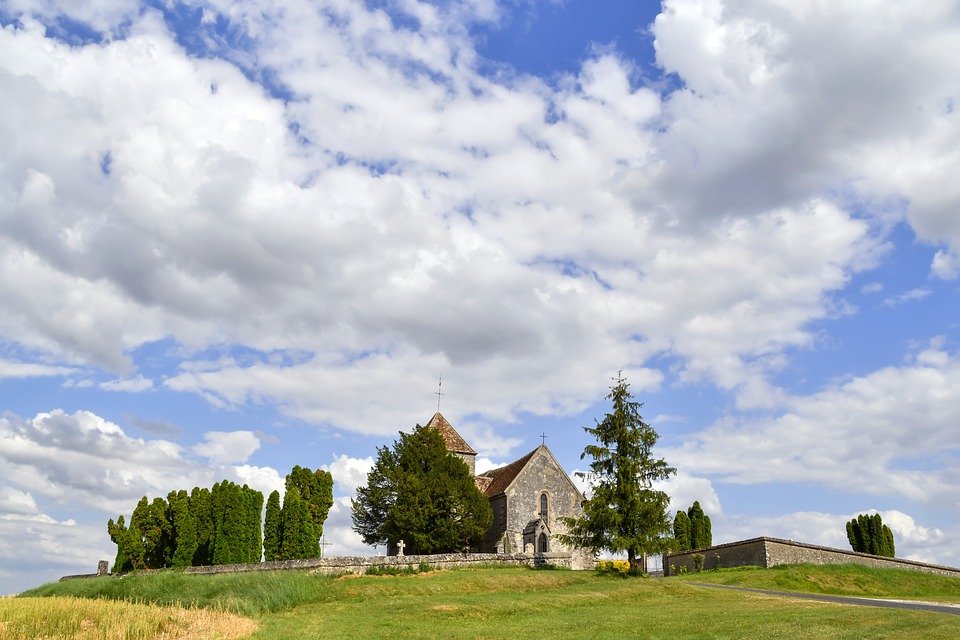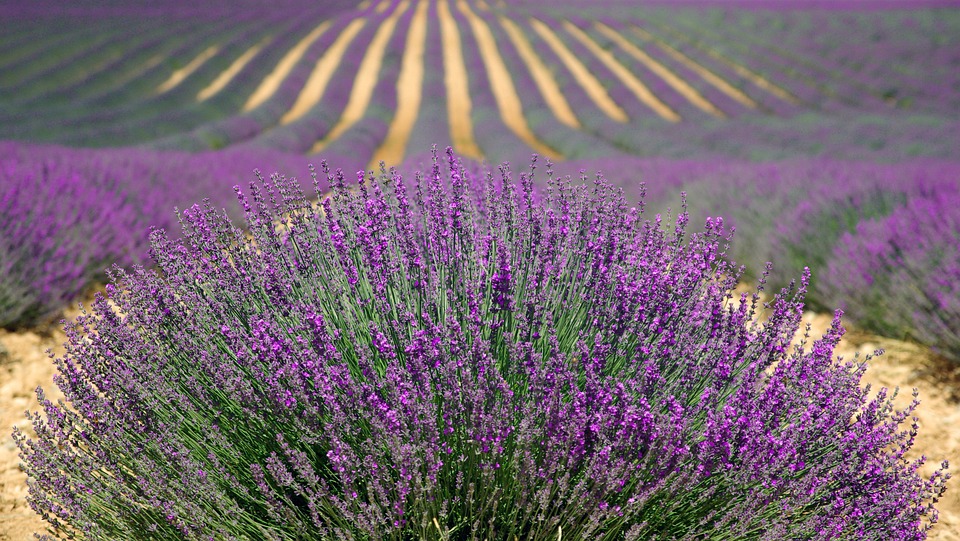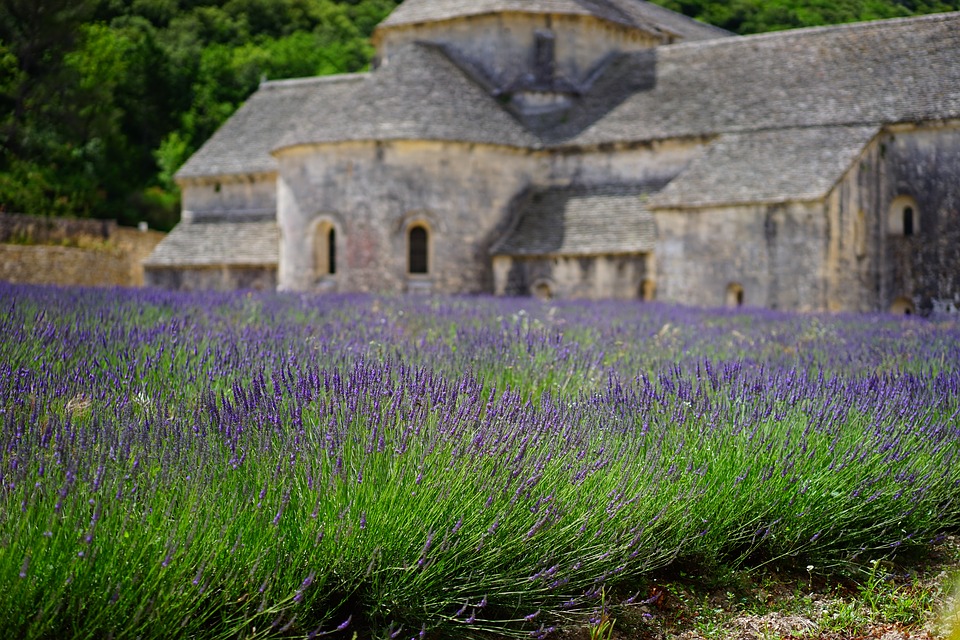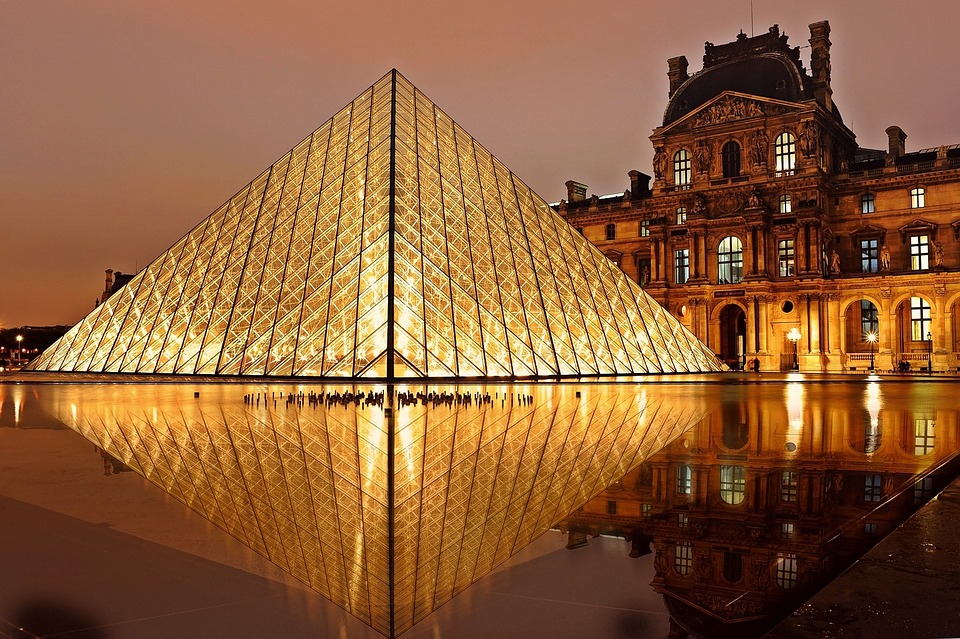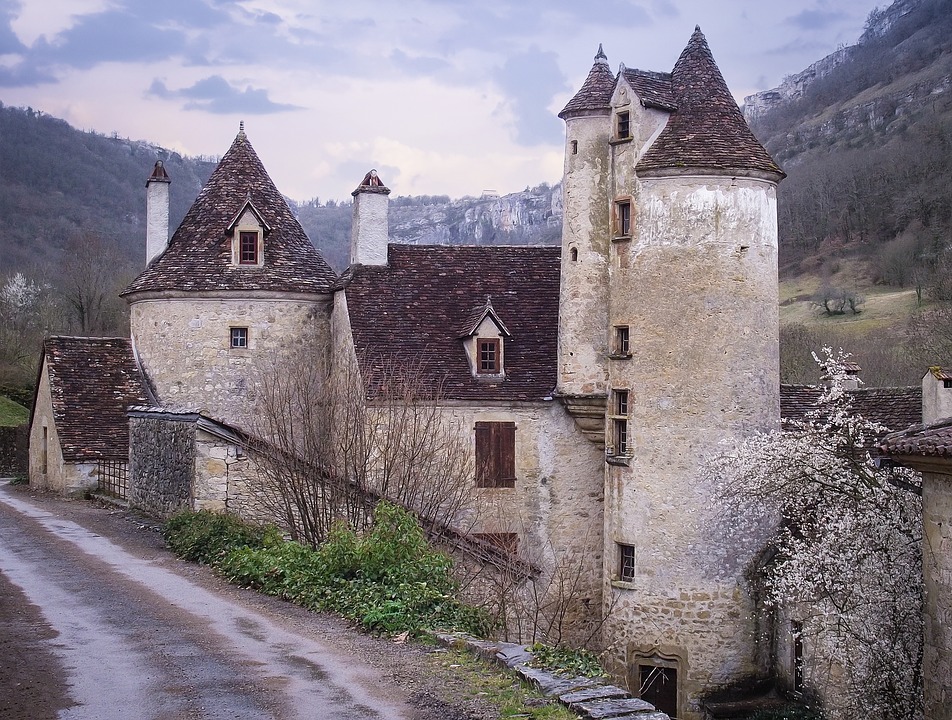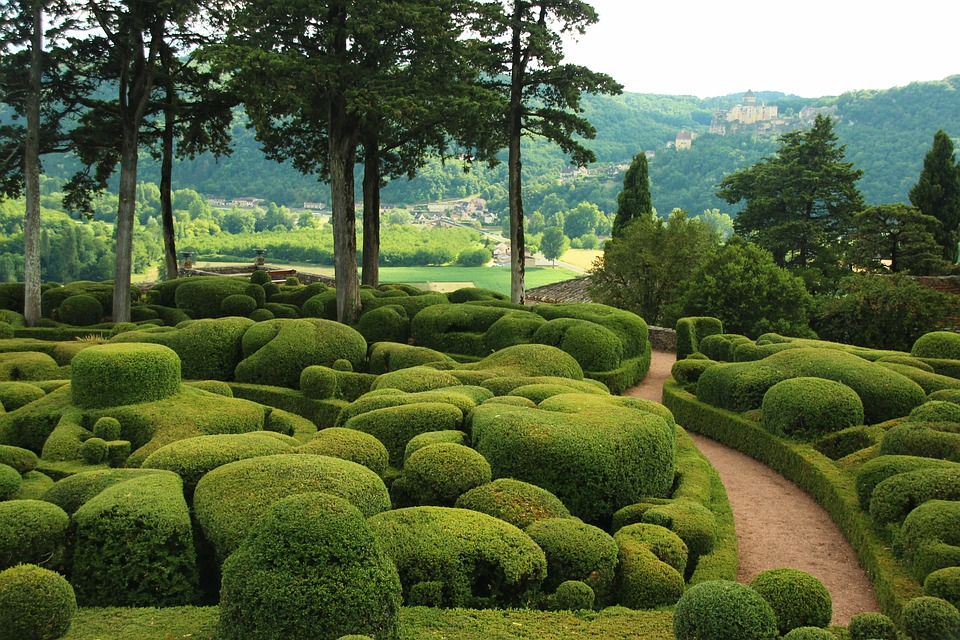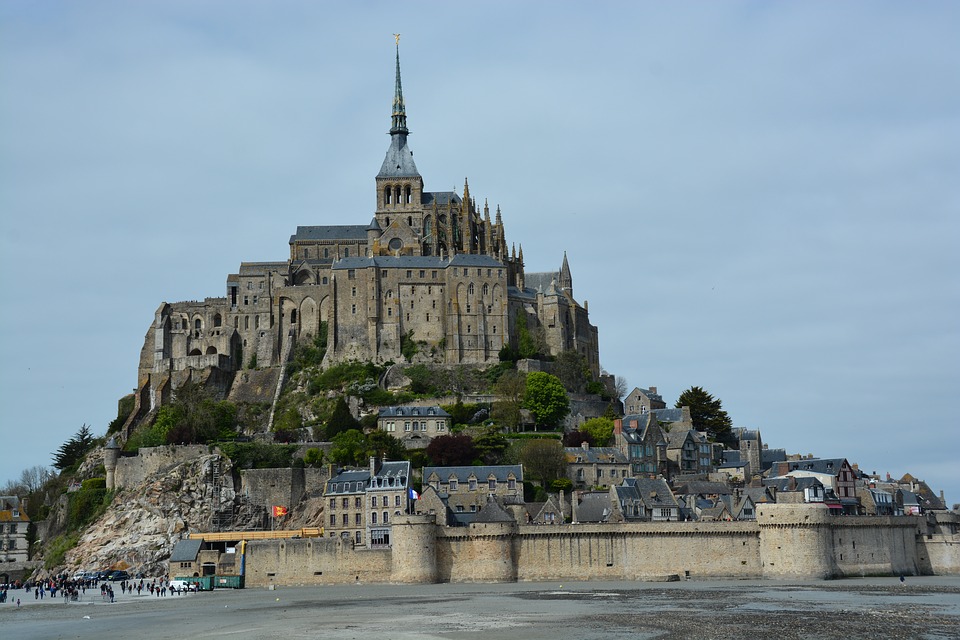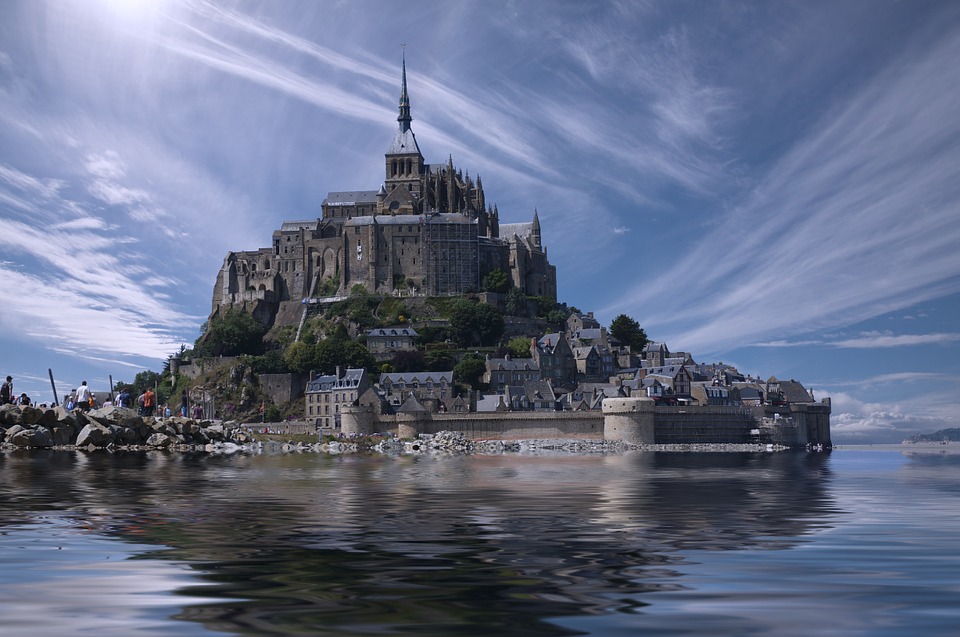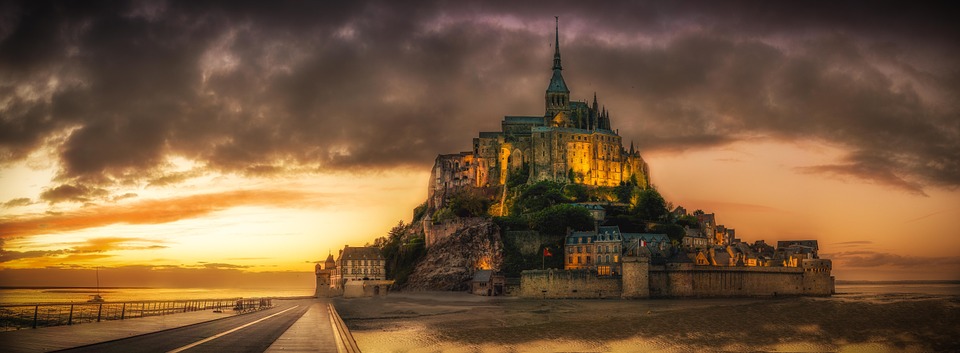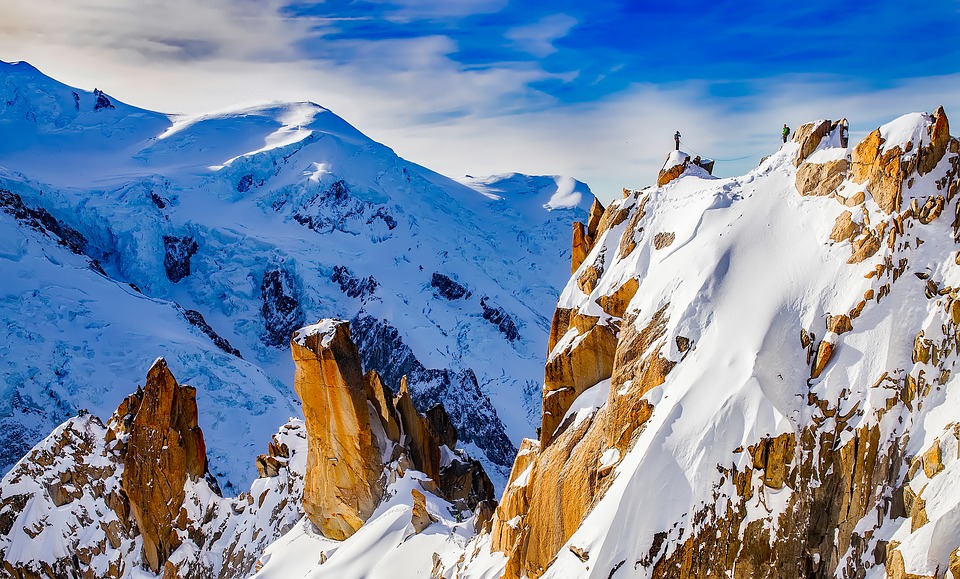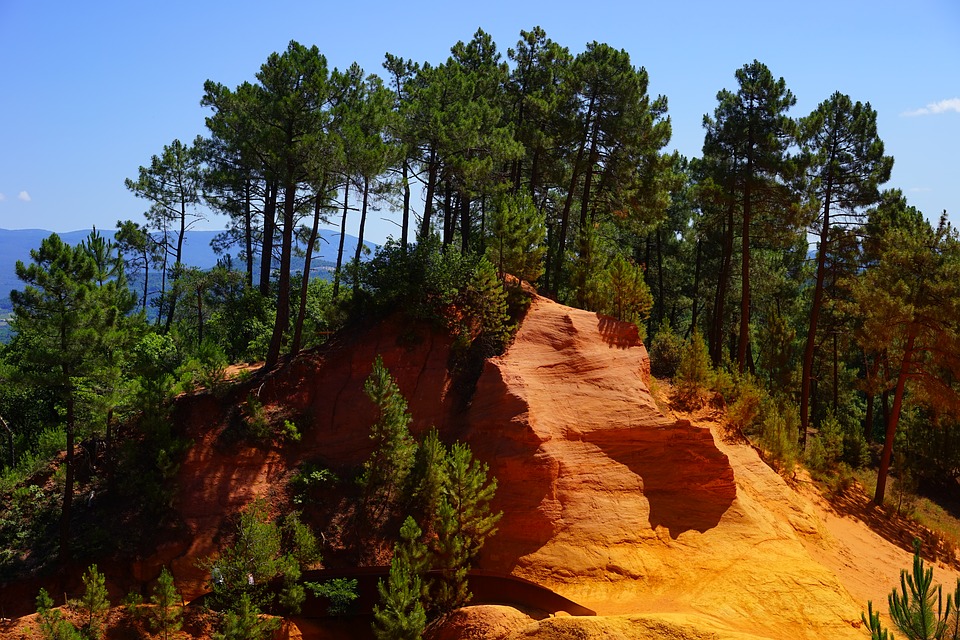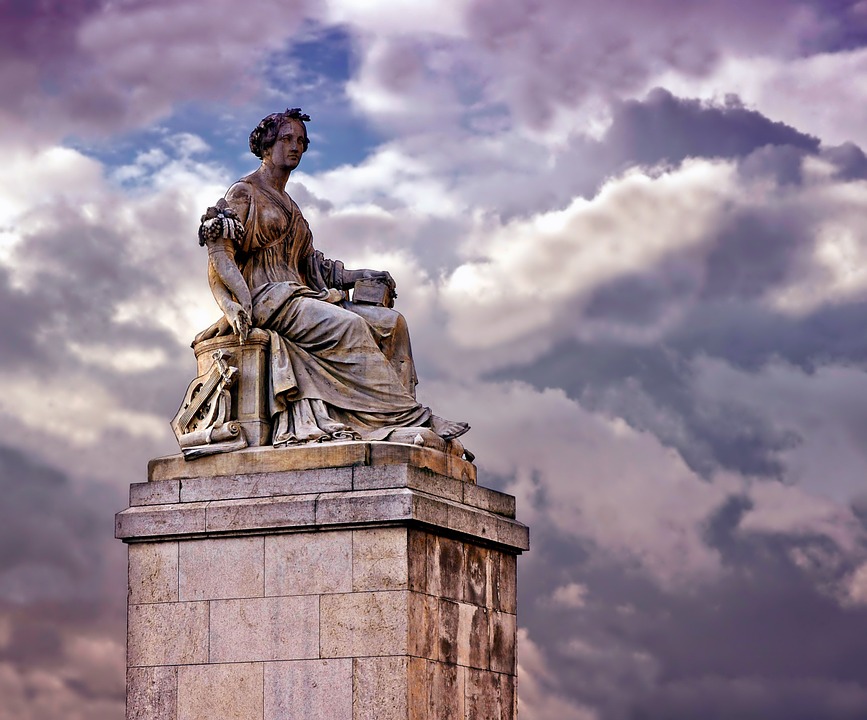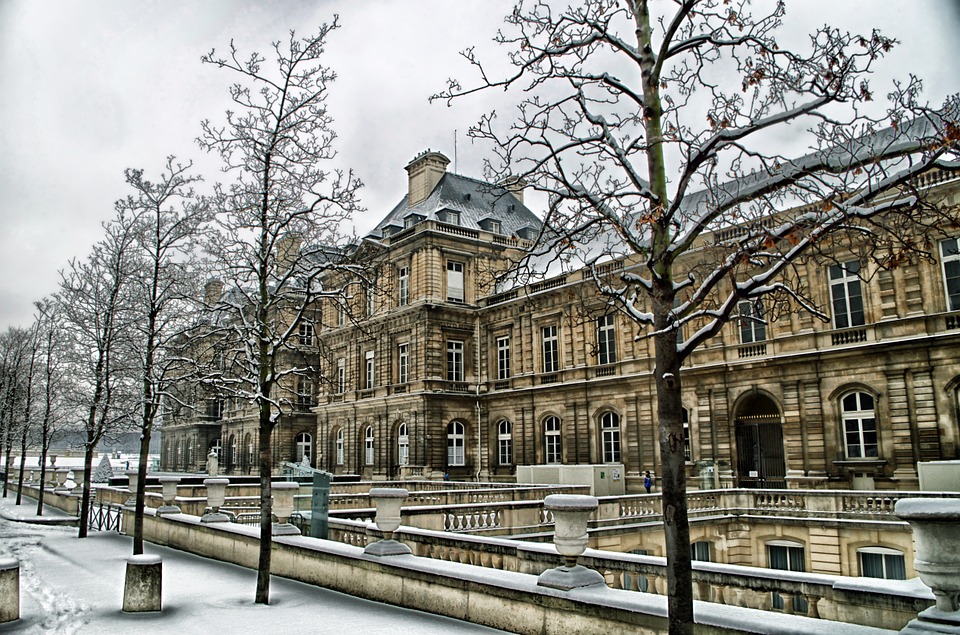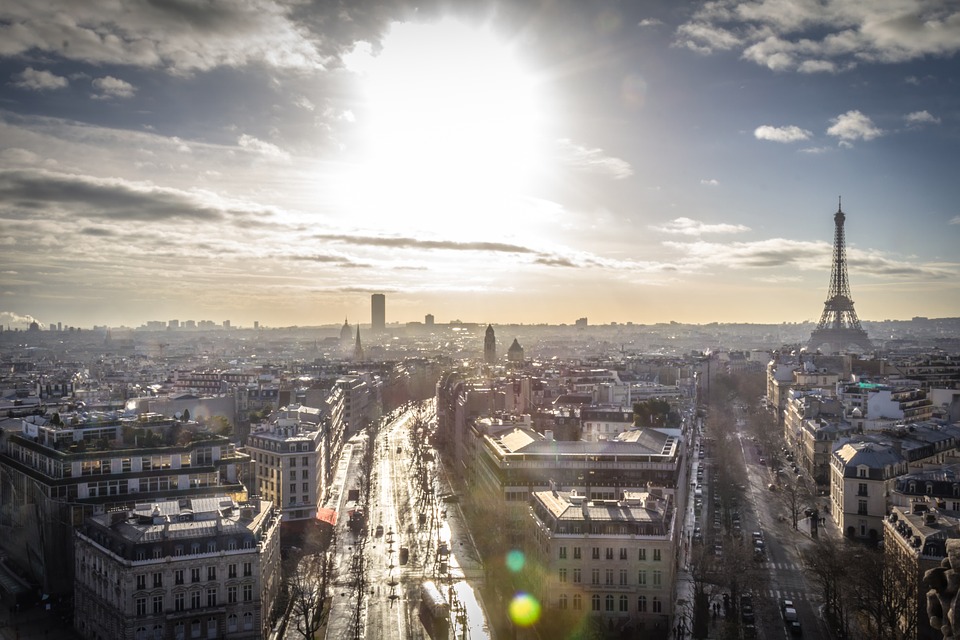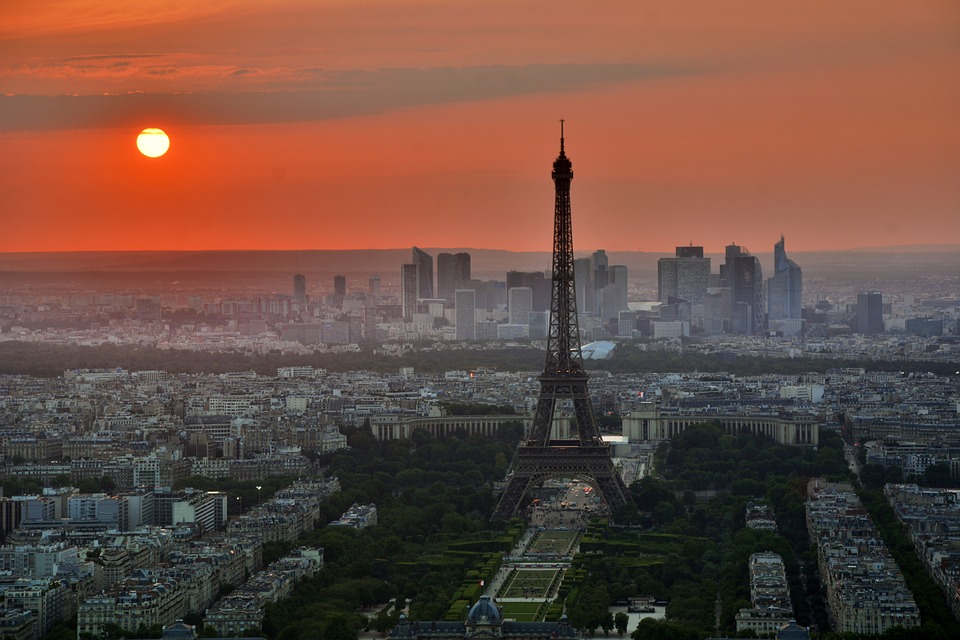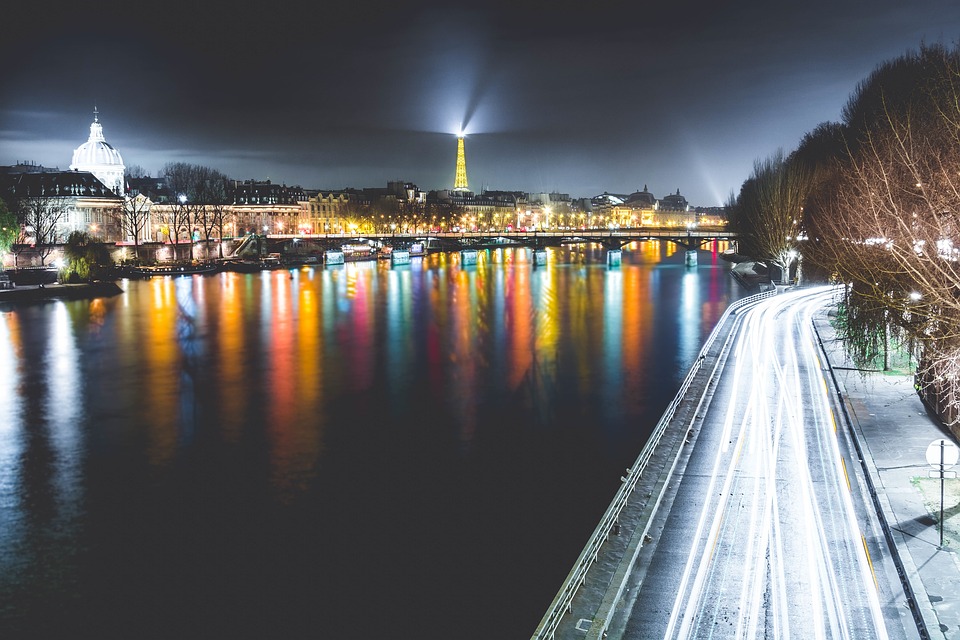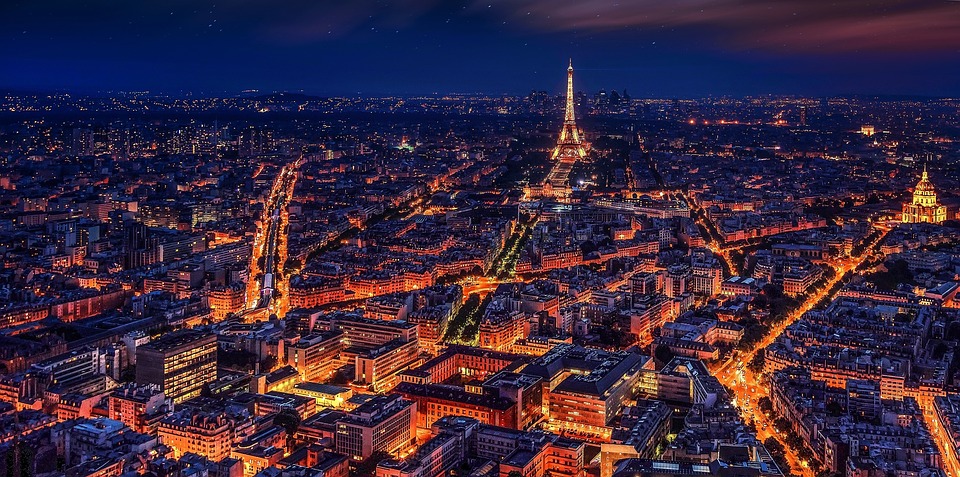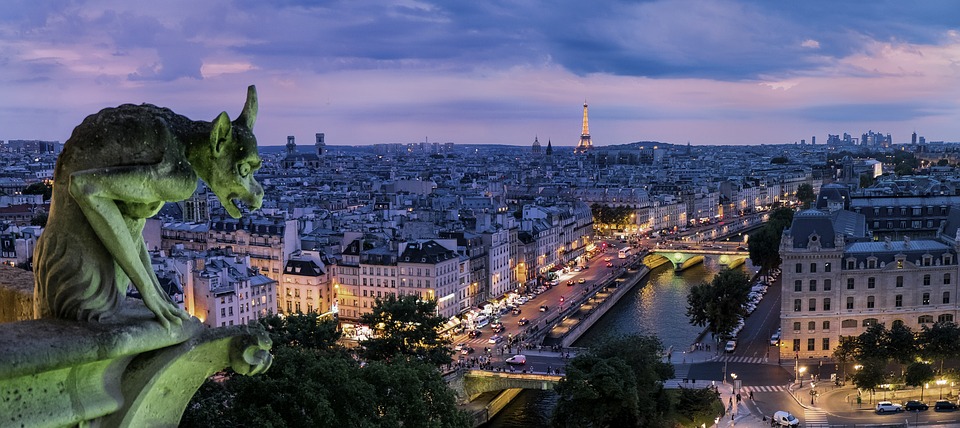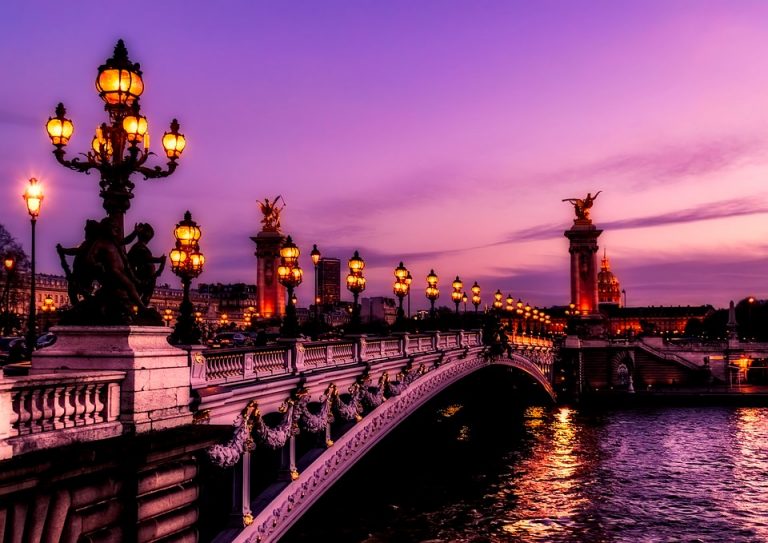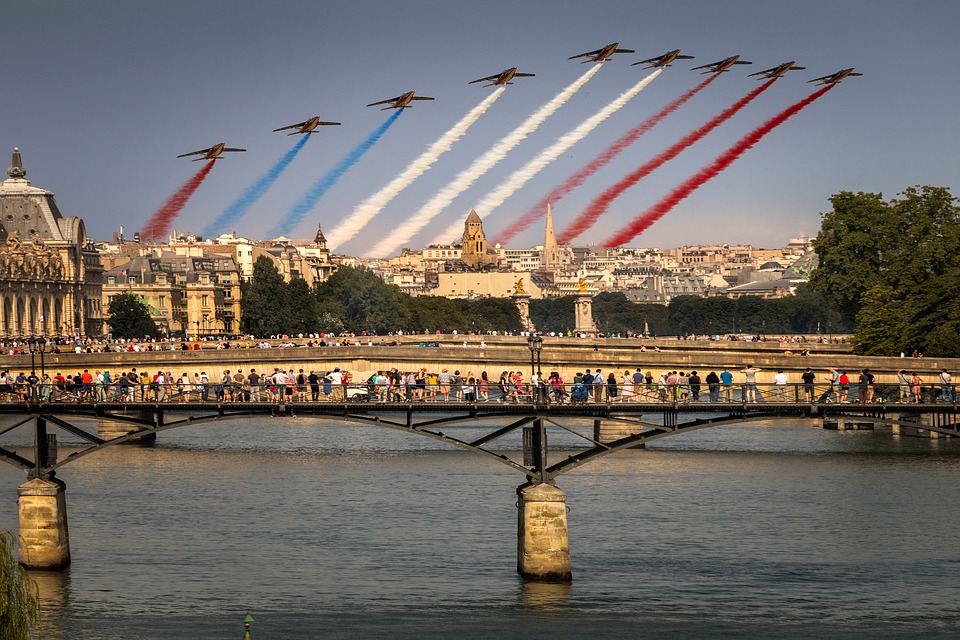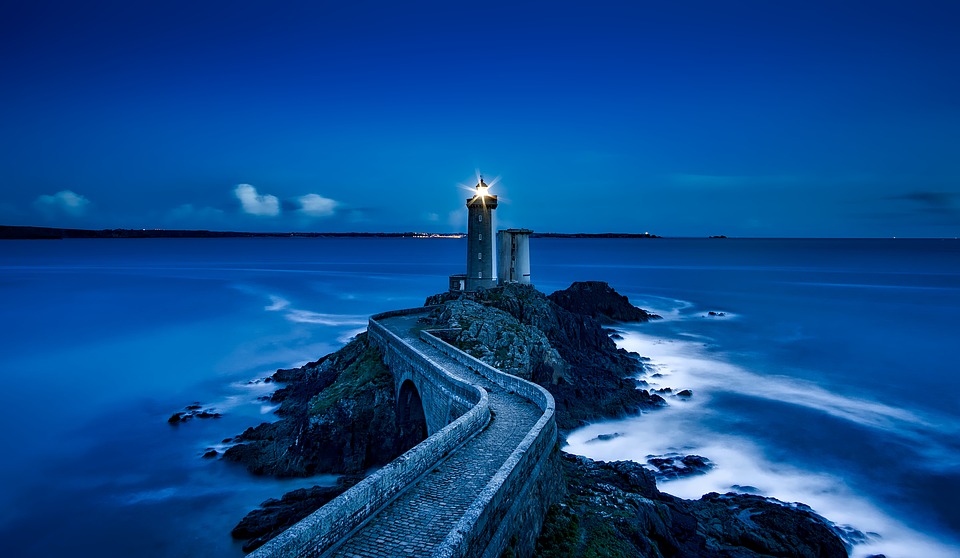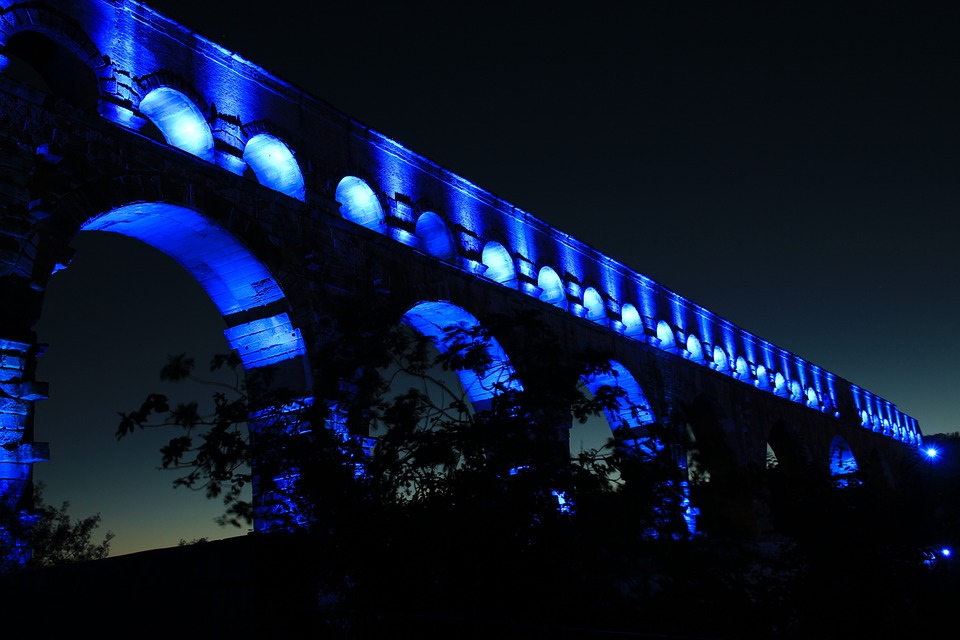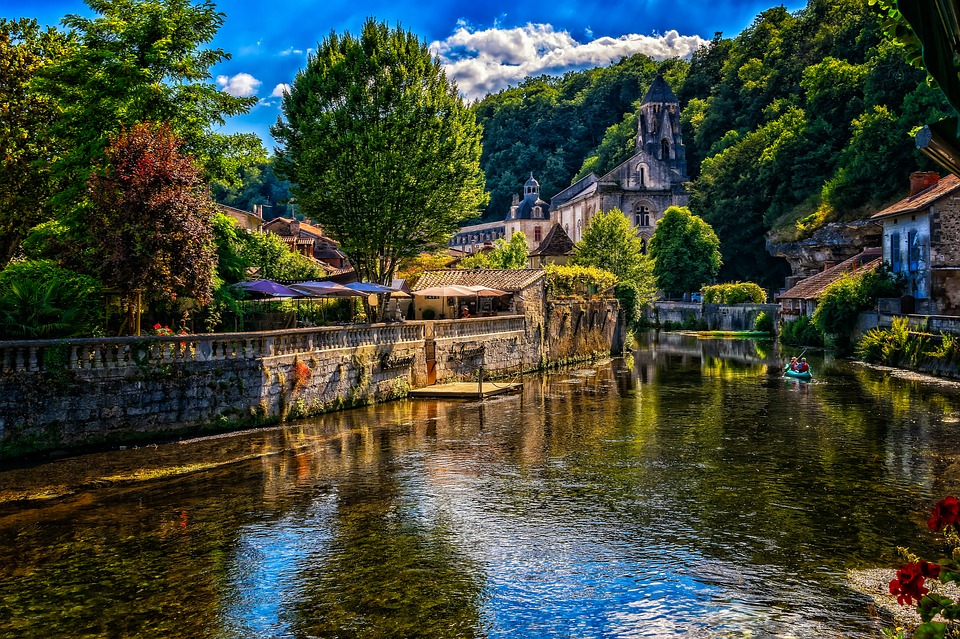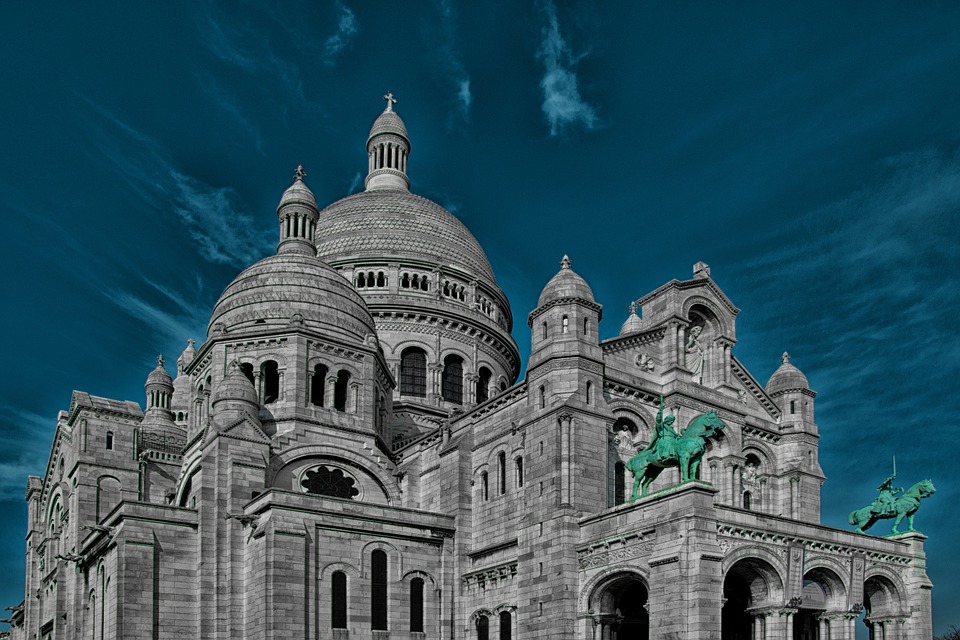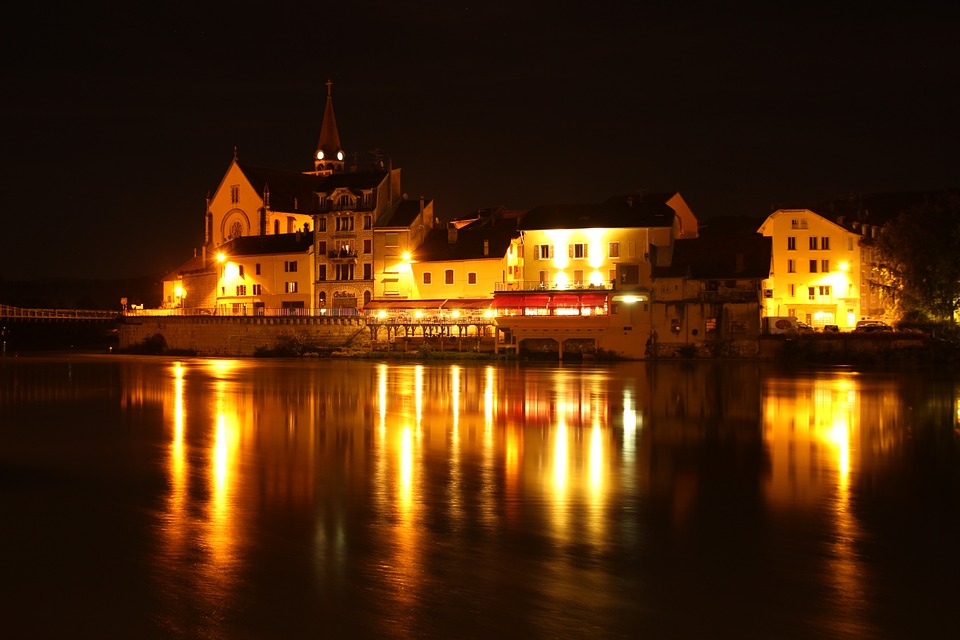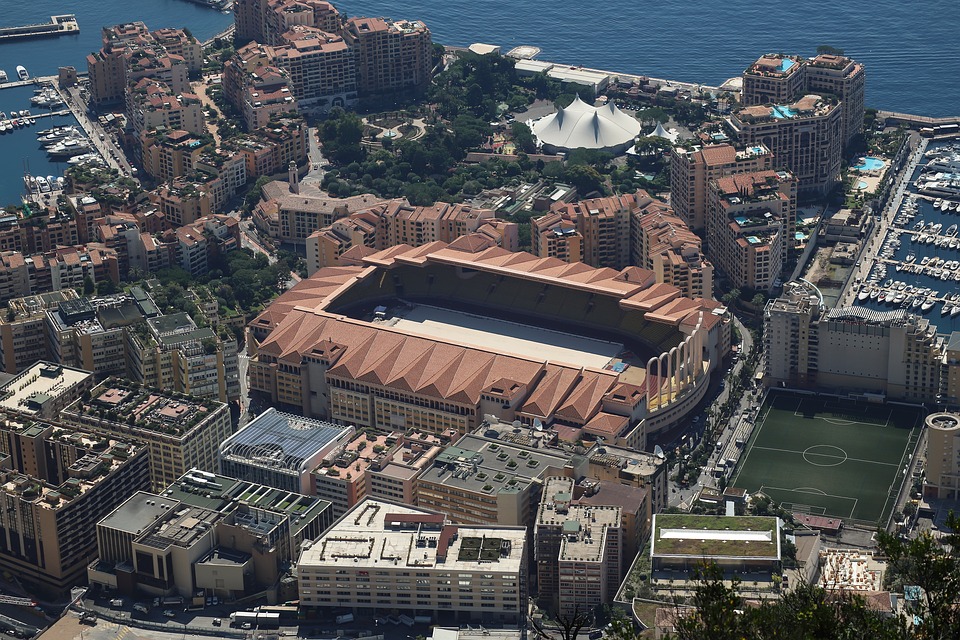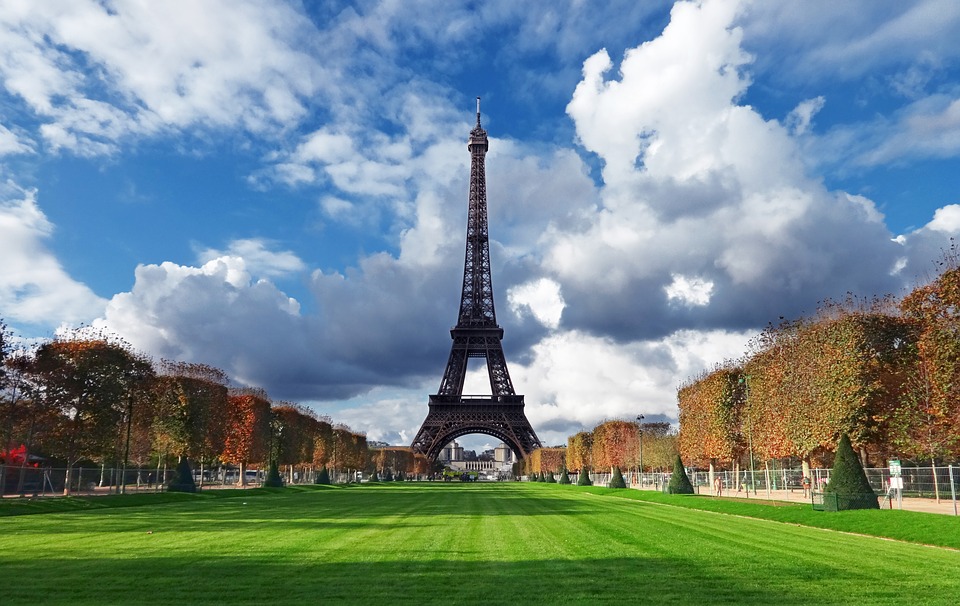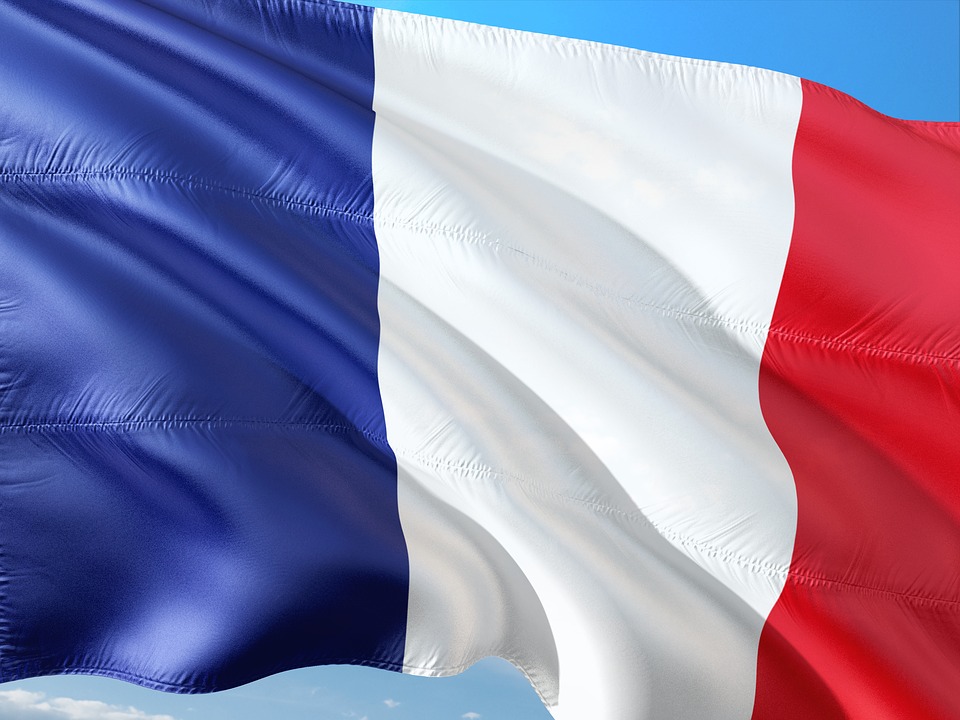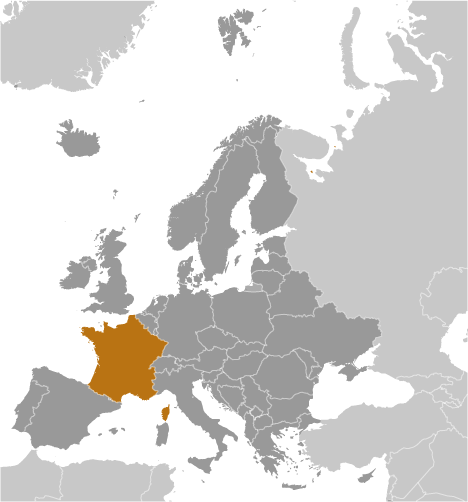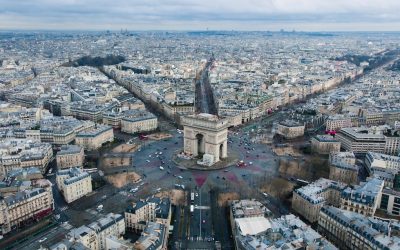France
(République Française (French Republic)

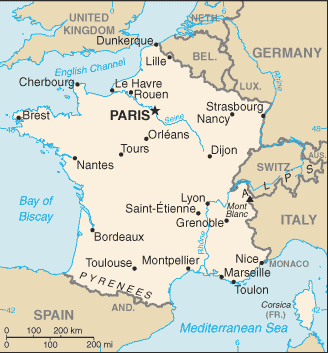
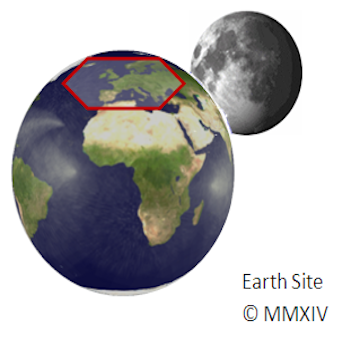
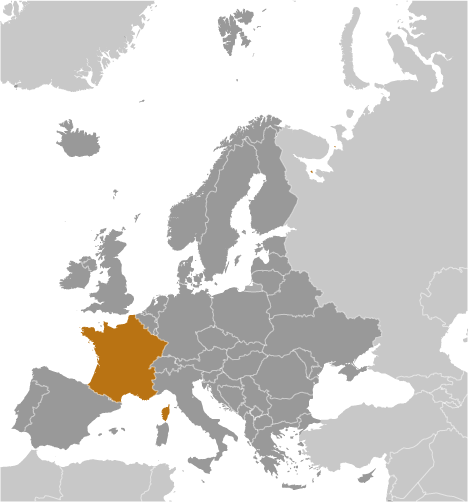
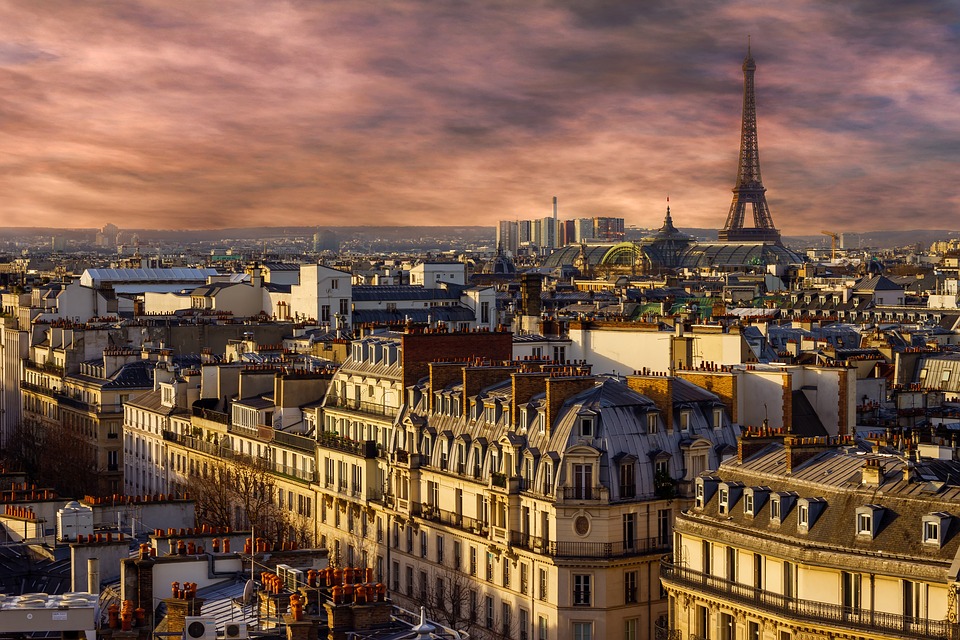
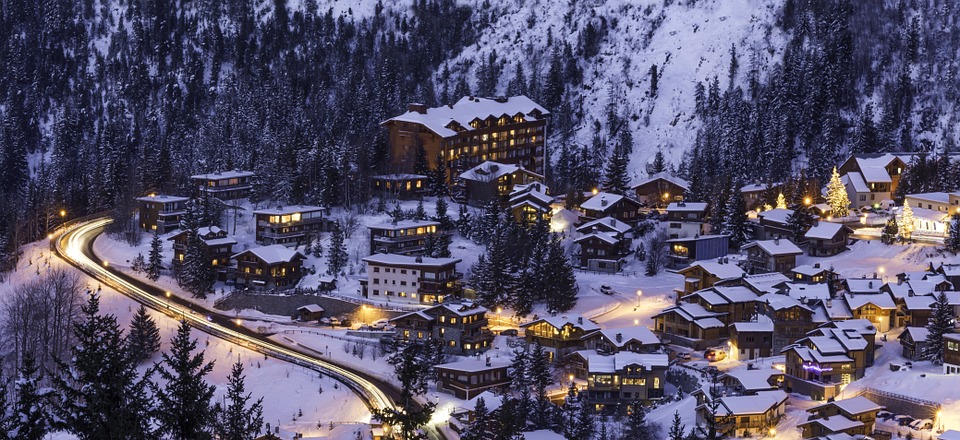
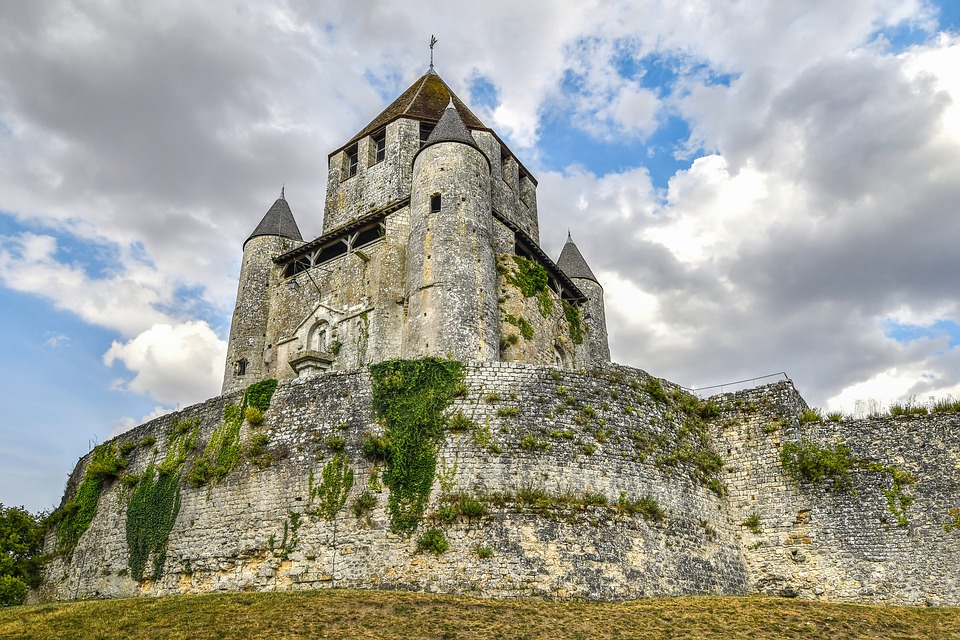
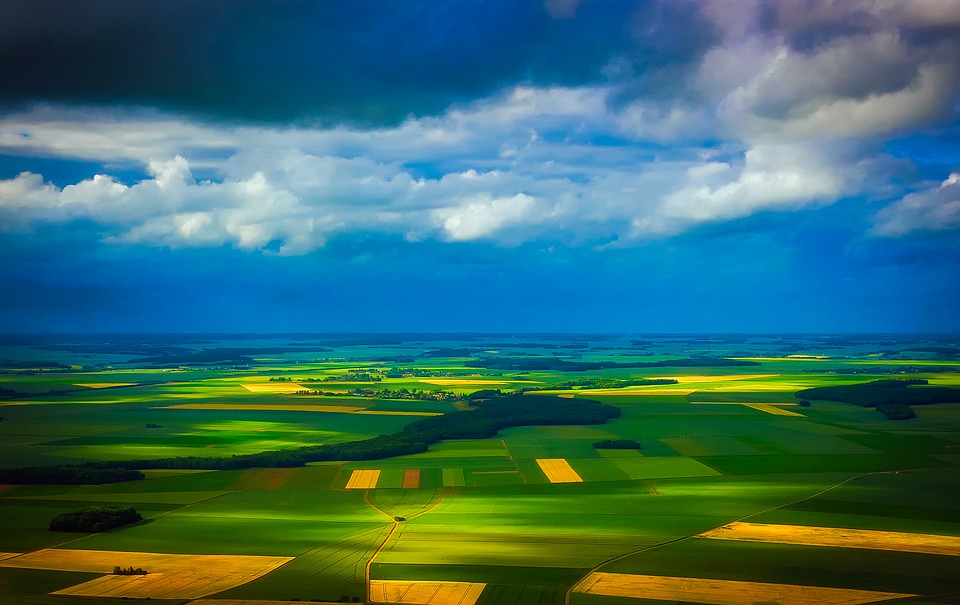
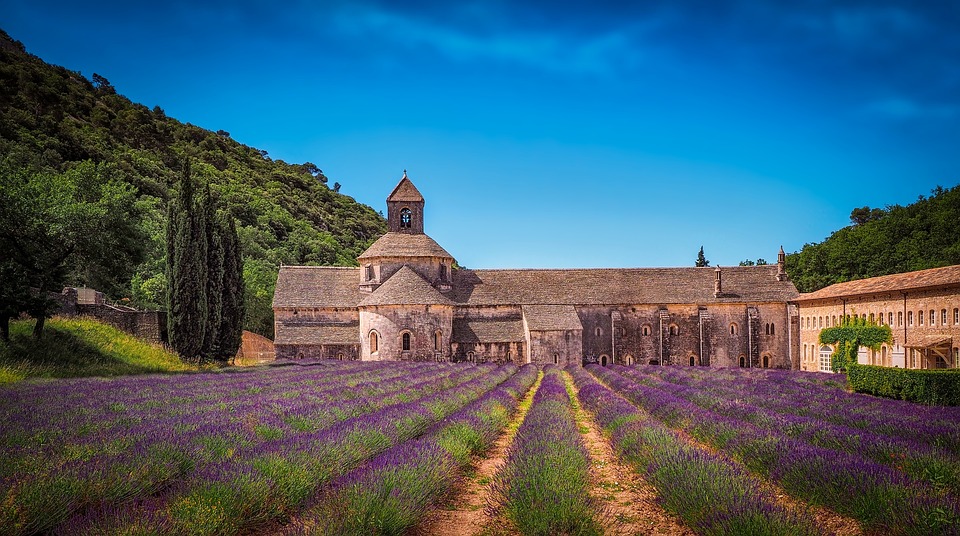
Capital of France: Paris
Population of France(Estimated July 2012): 62,814,233
Area: 543,965 km2 or 210,026 mi2
Currency: Euro (€)
Official Language: French
Political Information: Unitary Semi-Presidential Constitutional Republic
Official Religion: No Official Religion (approximately 83%-88% of the population are Roman Catholic, 2% are Protestant, 1% are Jewish, 5%-10% are Muslim and 4% have other religious beliefs)
Highest Mountain: Mont Blanc 4,810m or 15,781 ft
Longest River: The Loire at 1,012 km or 629mi
GDP Official Exchange Rate (OER is more precise at gauging a countries economic power)
(Estimated 2011): $2.808 trillion (US$) or (GBP)
GDP (OER) Per Capita (per member of the population estimated 2011): (US$) or (GBP)
GDP Purchasing Power Parity (PPP is good for gauging living conditions and use of resources but not as accurate as OER. This data has been calculated based on the sum value of all goods and services produced in the country valued at prices prevailing in the United States)
(Estimated 2011): $2.214 trillion (US$) or (GBP)
GDP (PPP) Per Capita (per member of the population estimated 2011): $35,000 (US$) or (GBP)
Time Zone (GMT/UTC): +1:00
Counties/Provinces/States: 27 regions (regions, singular – region); Alsace, Aquitaine, Auvergne, Basse-Normandie (Lower Normandy), Bourgogne (Burgundy), Bretagne (Brittany), Centre, Champagne-Ardenne, Corse (Corsica), Franche-Comte, Guadeloupe, Guyane (French Guiana), Haute-Normandie (Upper Normandy), Ile-de-France, Languedoc-Roussillon, Limousin, Lorraine, Martinique, Mayotte, Midi-Pyrenees, Nord-Pas-de-Calais, Pays de la Loire, Picardie, Poitou-Charentes, Provence-Alpes-Cote d’Azur, Reunion, Rhone-Alpes
Leaders: President Emmanuel MACRON (since 14 May 2017) with Prime Minister Edouard PHILIPPE (since 15 May 2017).
Sources: CIA World Fact Book, Encyclopaedia Britannica.
France
France has a rich and diverse history that dates back to prehistoric times. The country has been inhabited by various Celtic tribes, the Romans, and the Franks, who gave the country its name. In the Middle Ages, France became a powerful kingdom under the rule of Charlemagne and later the Capetian dynasty. The Hundred Years’ War with England and the Renaissance period were significant events that shaped the country’s history. The French Revolution in 1789 marked a turning point in the country’s history, leading to the end of the monarchy and the establishment of the First Republic. France has also played a significant role in both World Wars and has been a key player in European politics and culture.
France’s history is marked by periods of great cultural and artistic achievements, such as the Renaissance and the Age of Enlightenment. The country has been home to some of the world’s most influential writers, philosophers, and artists, including Voltaire, Rousseau, Molière, and Victor Hugo. The French Revolution also had a profound impact on the country’s political landscape, leading to the establishment of a democratic government and the declaration of human rights. Today, France is known for its rich cultural heritage, which is evident in its architecture, art, literature, and cuisine.
French Culture and Traditions
French culture is known for its sophistication, elegance, and appreciation for the finer things in life. The French take great pride in their language, art, and cuisine, and these elements are deeply ingrained in their everyday lives. The country is also known for its fashion industry, with Paris being one of the fashion capitals of the world. French people are known for their love of good food and wine, and dining is an important social activity in France. The French also have a strong tradition of celebrating festivals and holidays, such as Bastille Day, Christmas, and Easter.
The French are also known for their love of art and literature. The country has produced some of the world’s most renowned artists, including Claude Monet, Edgar Degas, and Auguste Rodin. French literature has also made a significant impact on the world, with authors such as Marcel Proust, Albert Camus, and Simone de Beauvoir. French cinema is also highly regarded, with directors such as François Truffaut, Jean-Luc Godard, and Agnès Varda making significant contributions to the industry. Overall, French culture is characterised by its appreciation for beauty, art, and intellectual pursuits.
Famous Landmarks in France
France is home to some of the world’s most iconic landmarks, many of which are located in Paris. The Eiffel Tower is perhaps the most famous symbol of France and is visited by millions of tourists each year. The Louvre Museum is another must-see attraction, housing some of the world’s most famous works of art, including the Mona Lisa and the Venus de Milo. The Notre-Dame Cathedral is a stunning example of French Gothic architecture and is a UNESCO World Heritage site. Other notable landmarks in Paris include the Arc de Triomphe, the Champs-Élysées, and the Palace of Versailles.
Outside of Paris, France is home to many other famous landmarks. The Mont Saint-Michel is a breathtaking island commune with a medieval abbey perched on top. The Palace of Fontainebleau is another impressive royal château that has been home to many French monarchs over the centuries. The French Riviera is known for its stunning coastline and glamorous resorts, while the Loire Valley is famous for its picturesque châteaux and vineyards. Overall, France is a country rich in history and culture, with no shortage of iconic landmarks to explore.
French Cuisine and Wine
French cuisine is renowned for its exquisite flavours and meticulous preparation. The country’s culinary traditions have had a significant influence on global gastronomy, with dishes such as coq au vin, boeuf bourguignon, and ratatouille being enjoyed around the world. French cuisine is characterised by its use of fresh ingredients and careful attention to detail. The French take great pride in their food and dining experiences, with meals often being enjoyed over several courses accompanied by good wine and lively conversation.
France is also famous for its wine production, with regions such as Bordeaux, Burgundy, and Champagne producing some of the world’s most prestigious wines. The country’s wine-making traditions date back to Roman times and have been refined over centuries. French wines are known for their complexity and diversity, with each region producing wines with unique characteristics. Wine is an integral part of French culture and is often enjoyed with meals or during social gatherings. Overall, French cuisine and wine are an essential part of the country’s cultural identity and are celebrated around the world.
The French Language
The French language is one of the most widely spoken languages in the world and is considered to be a language of love and romance. It is an official language in 29 countries and is spoken by millions of people around the globe. French is known for its melodious sound and elegant vocabulary, making it a popular choice for poetry, literature, and music. Learning French opens up opportunities to explore French culture and history while also providing access to a wealth of resources in various fields such as science, technology, business, and diplomacy.
French grammar can be complex at times but learning the language can be rewarding for those who are passionate about mastering it. There are many resources available for learning French, including language schools, online courses, and immersion programmes in France. The Alliance Française is a global network that promotes French language and culture through language classes and cultural events. Overall, learning French can be a fulfilling experience that opens doors to new opportunities and enriches one’s understanding of language and culture.
Regions of France
France is divided into 18 administrative regions, each with its own unique culture, traditions, and landscapes. The country’s regions offer a diverse range of experiences for visitors, from the sun-soaked beaches of the French Riviera to the picturesque vineyards of Bordeaux. The Provence-Alpes-Côte d’Azur region is known for its stunning coastline, vibrant cities such as Nice and Marseille, and charming hilltop villages. The Auvergne-Rhône-Alpes region is home to the majestic Alps mountain range and offers opportunities for skiing, hiking, and outdoor adventures.
The Brittany region is known for its rugged coastline, Celtic heritage, and delicious seafood cuisine. The Normandy region is famous for its historic D-Day beaches, charming towns such as Honfleur and Rouen, and iconic Mont Saint-Michel. The Occitanie region offers diverse landscapes ranging from Mediterranean beaches to mountainous terrain in the Pyrenees. Each region in France has its own distinct character and attractions, making it a fascinating country to explore.
Travel Tips for Visiting France
When visiting France, it’s important to be mindful of local customs and etiquette. The French take great pride in their language and appreciate it when visitors make an effort to speak a few words in French. It’s also important to be polite and respectful when interacting with locals, whether it’s in a restaurant or at a tourist attraction. When dining out in France, it’s customary to greet your server with a polite “bonjour” before placing your order.
France has an efficient public transportation system that makes it easy to get around the country. The TGV high-speed train network connects major cities such as Paris, Lyon, Marseille, and Bordeaux, while regional trains provide access to smaller towns and villages. Renting a car can also be a convenient way to explore rural areas and scenic countryside. When visiting popular tourist attractions such as the Eiffel Tower or the Louvre Museum, it’s advisable to book tickets in advance to avoid long queues.
In conclusion, France is a country with a rich history, vibrant culture, stunning landmarks, delicious cuisine, a beautiful language, diverse regions to explore, and plenty of travel tips to make your visit enjoyable. Whether you’re strolling through Paris’ charming streets or sipping wine in Bordeaux’s vineyards or exploring Normandy’s historic sites or skiing in the Alps or enjoying a beach holiday on the French Riviera – there’s something for everyone in this captivating country.
FAQs
What is the capital of France?
The capital of France is Paris.
What is the population of France?
As of 2021, the population of France is approximately 67 million people.
What is the official language of France?
The official language of France is French.
What is the currency used in France?
The currency used in France is the Euro (EUR).
What are some famous landmarks in France?
Some famous landmarks in France include the Eiffel Tower, the Louvre Museum, Notre-Dame Cathedral, and the Palace of Versailles.
What is the climate like in France?
France has a varied climate, with coastal areas experiencing a maritime climate, while inland areas have a more continental climate. The south of France enjoys a Mediterranean climate.
What are some popular French dishes?
Popular French dishes include coq au vin, boeuf bourguignon, ratatouille, croissants, and crème brûlée.
What are some famous French artists and writers?
Famous French artists and writers include Claude Monet, Vincent van Gogh, Victor Hugo, and Emile Zola.
What are some major industries in France?
Major industries in France include aerospace, automotive, luxury goods, and tourism. France is also known for its wine and cheese production.
Cultural or Historical Sites of France: Important Cultural Landmarks or Historical Sites in France
The Eiffel Tower, one of the most iconic landmarks in the world, is a symbol of France’s cultural heritage. Designed by Gustave Eiffel and completed in 1889, the tower was initially met with controversy and criticism, but it has since become a beloved symbol of...
Natural Resources of France: Where Natural Resources are Located in France
France is a country rich in natural resources, which have played a significant role in shaping its economy and culture. From agricultural and mineral resources to energy, forestry, and water resources, France has a diverse range of natural assets that have contributed...
Political Boundaries of France: Provinces, Districts, or Historical Boundaries.
France, officially known as the French Republic, is a country located in Western Europe. It is bordered by Belgium, Luxembourg, Germany, Switzerland, Italy, Monaco, Spain, Andorra, and the Mediterranean Sea. The political boundaries of France have evolved over...
Climate Zones Of France: Different Climate Regions Of France
France is a country known for its diverse climate zones, which range from the warm Mediterranean climate in the south to the cooler oceanic climate in the west and the continental climate in the east. These climate zones are influenced by various factors such as...
Terrain and Topography of France: mountains, valleys, and plains.
France is a country renowned for its diverse and stunning terrain and topography. From the majestic Alps and Pyrenees mountains to the picturesque valleys, vast plains, and beautiful coastal and island landscapes, France offers a rich tapestry of natural beauty. The...
History of France
The Gauls were a Celtic people who inhabited the region that is now modern-day France. They were known for their fierce warrior culture and their intricate metalwork. In 58 BC, Julius Caesar launched a military campaign to conquer Gaul, which he documented in his...
Population Density of France
Population density refers to the number of people living in a specific area, usually measured in square kilometres or square miles. It is an important demographic indicator that provides insights into the distribution of people within a country or region. In the case...
Exploring the Charm and Culture of France: A British Perspective
France has long been a top choice for British tourists, and it’s not hard to see why. With its close proximity to the UK, stunning landscapes, rich history, and world-renowned cuisine, France offers a diverse range of experiences for travellers. Whether...
